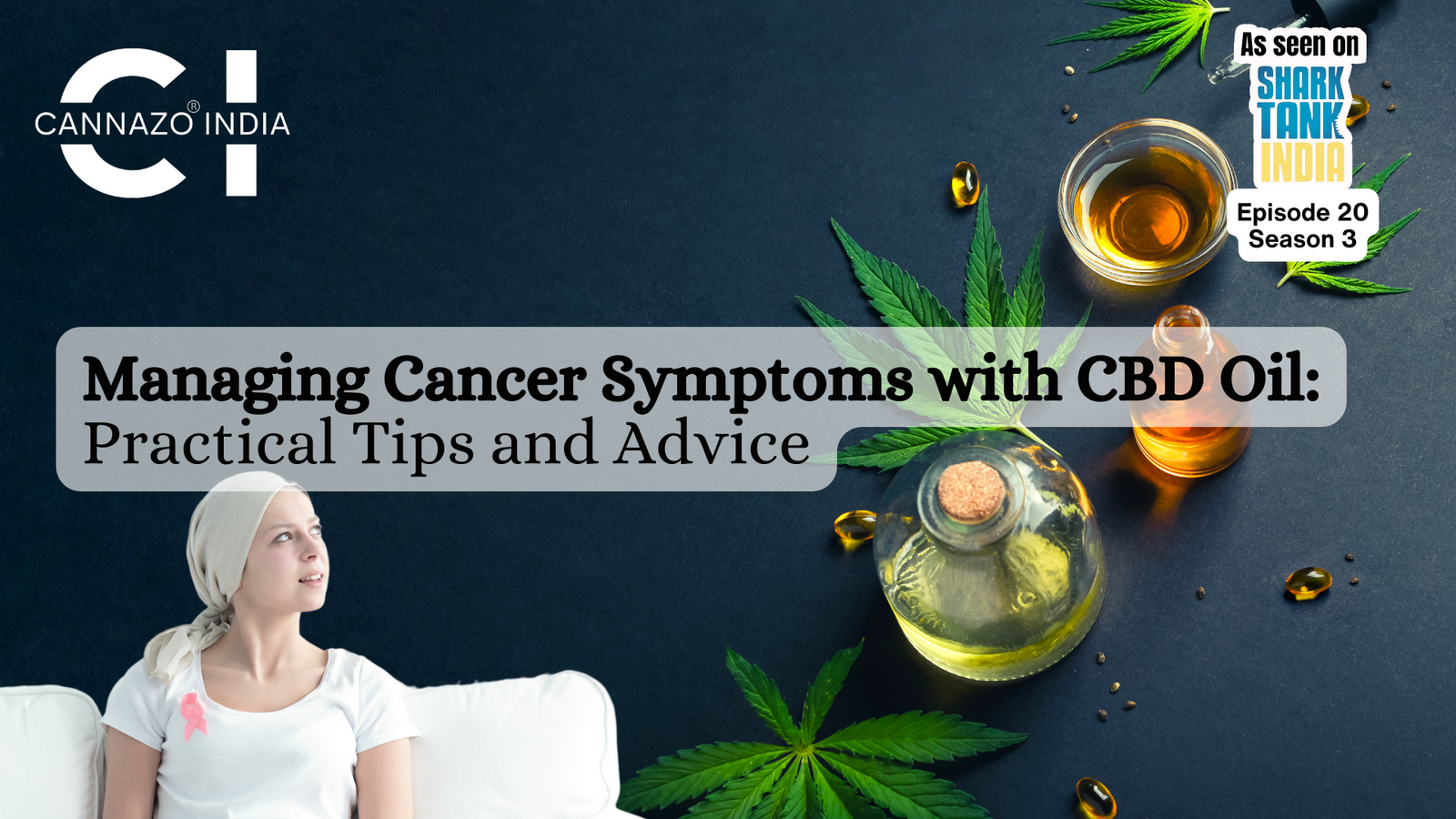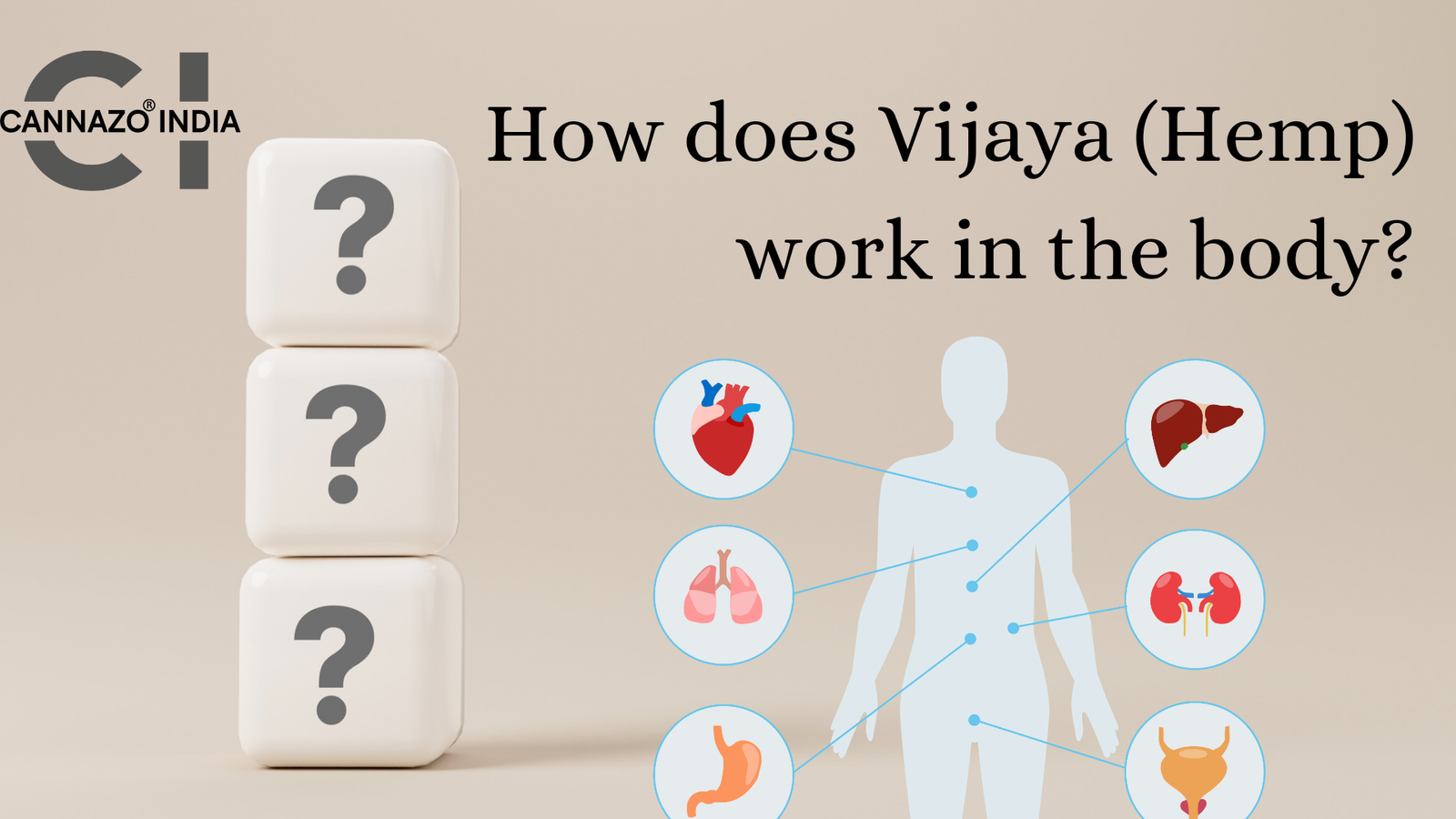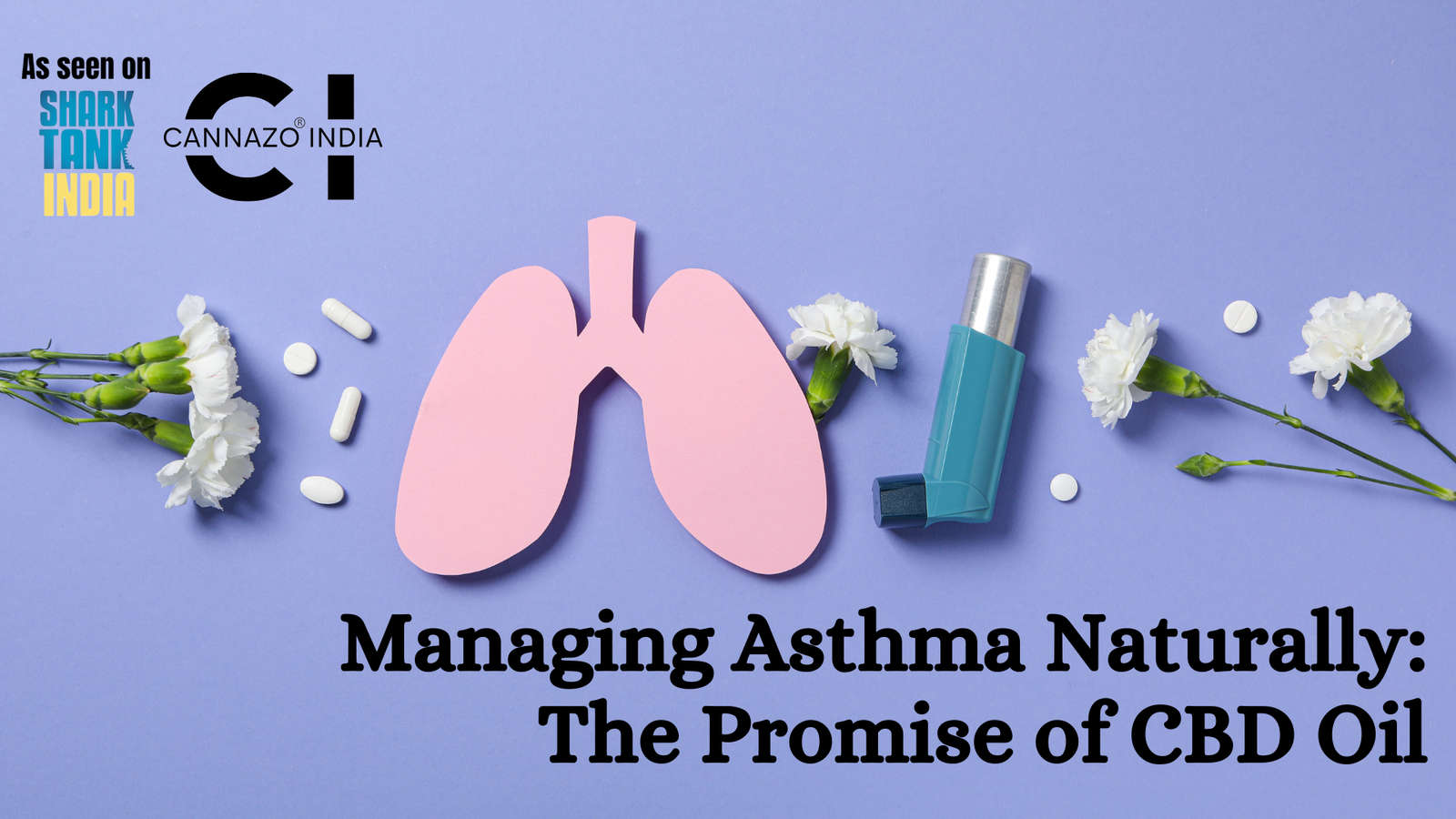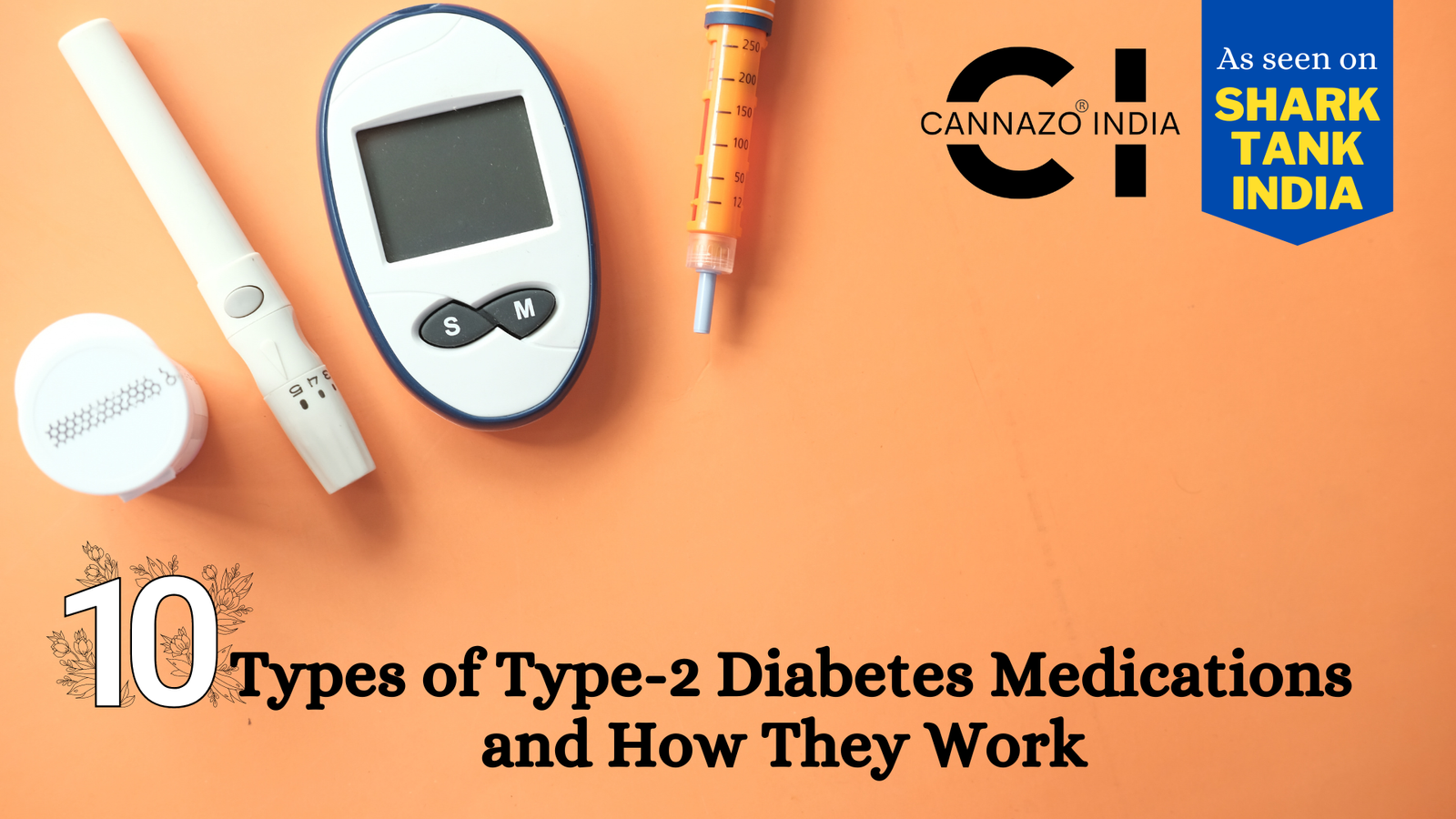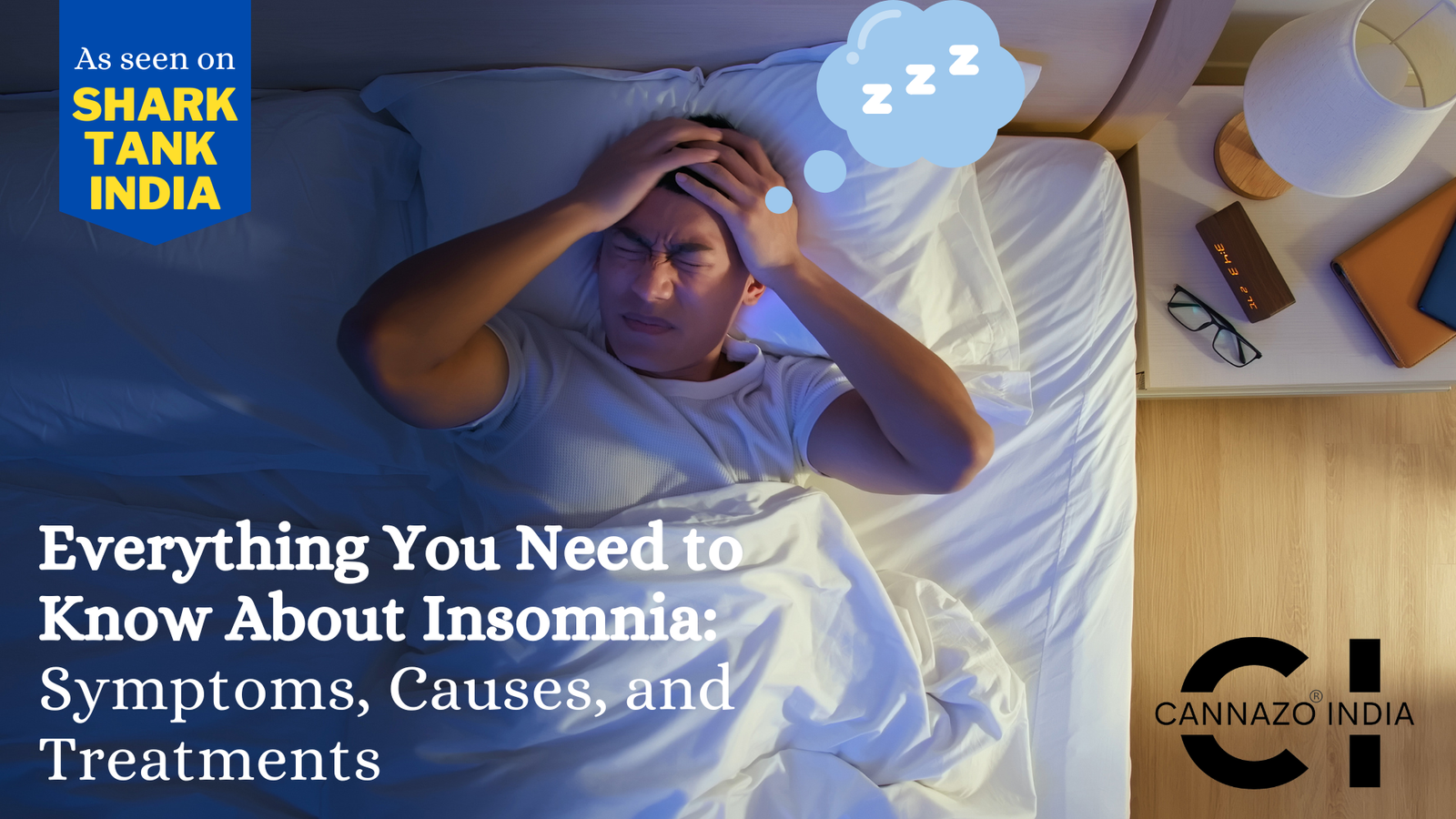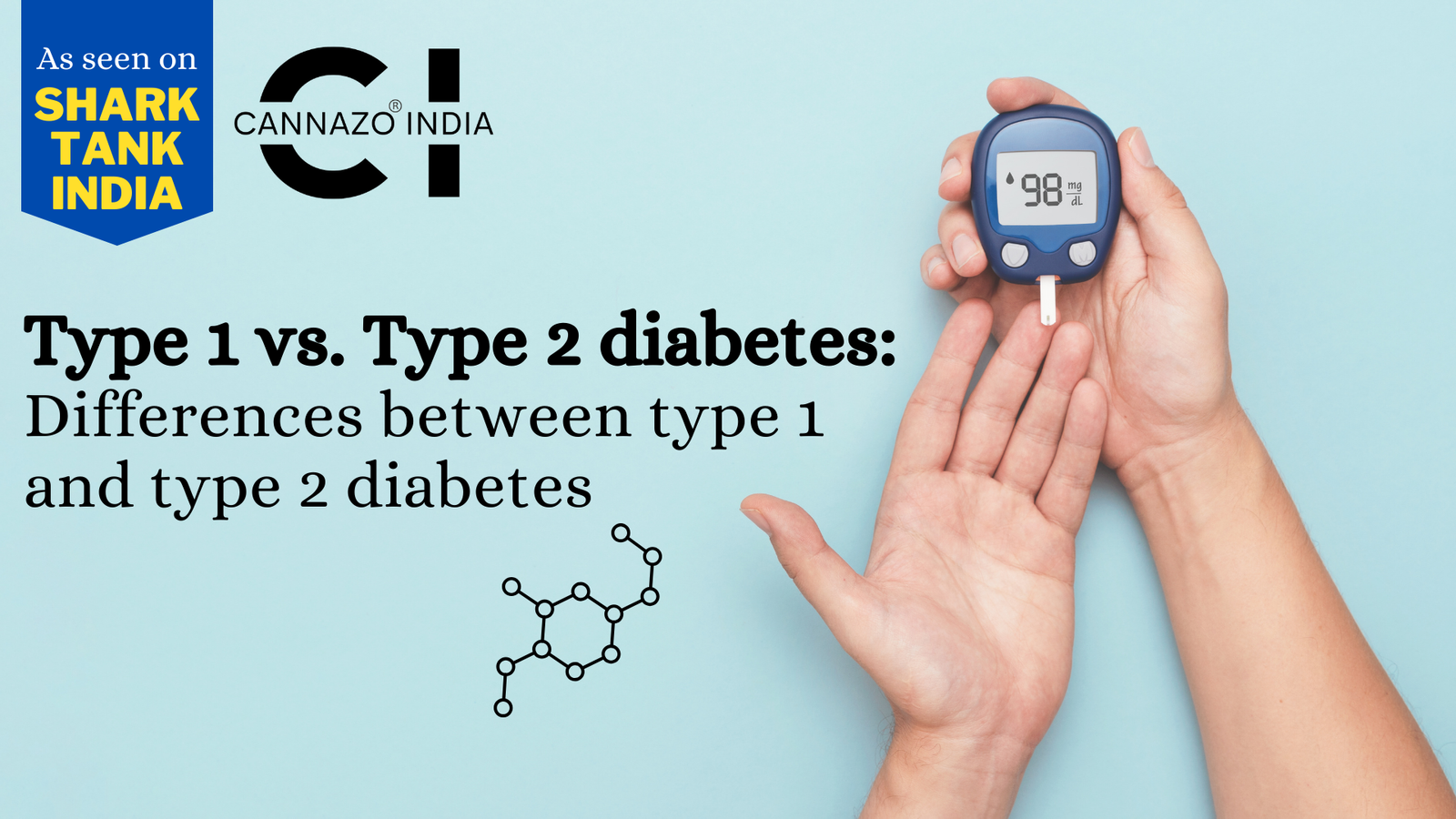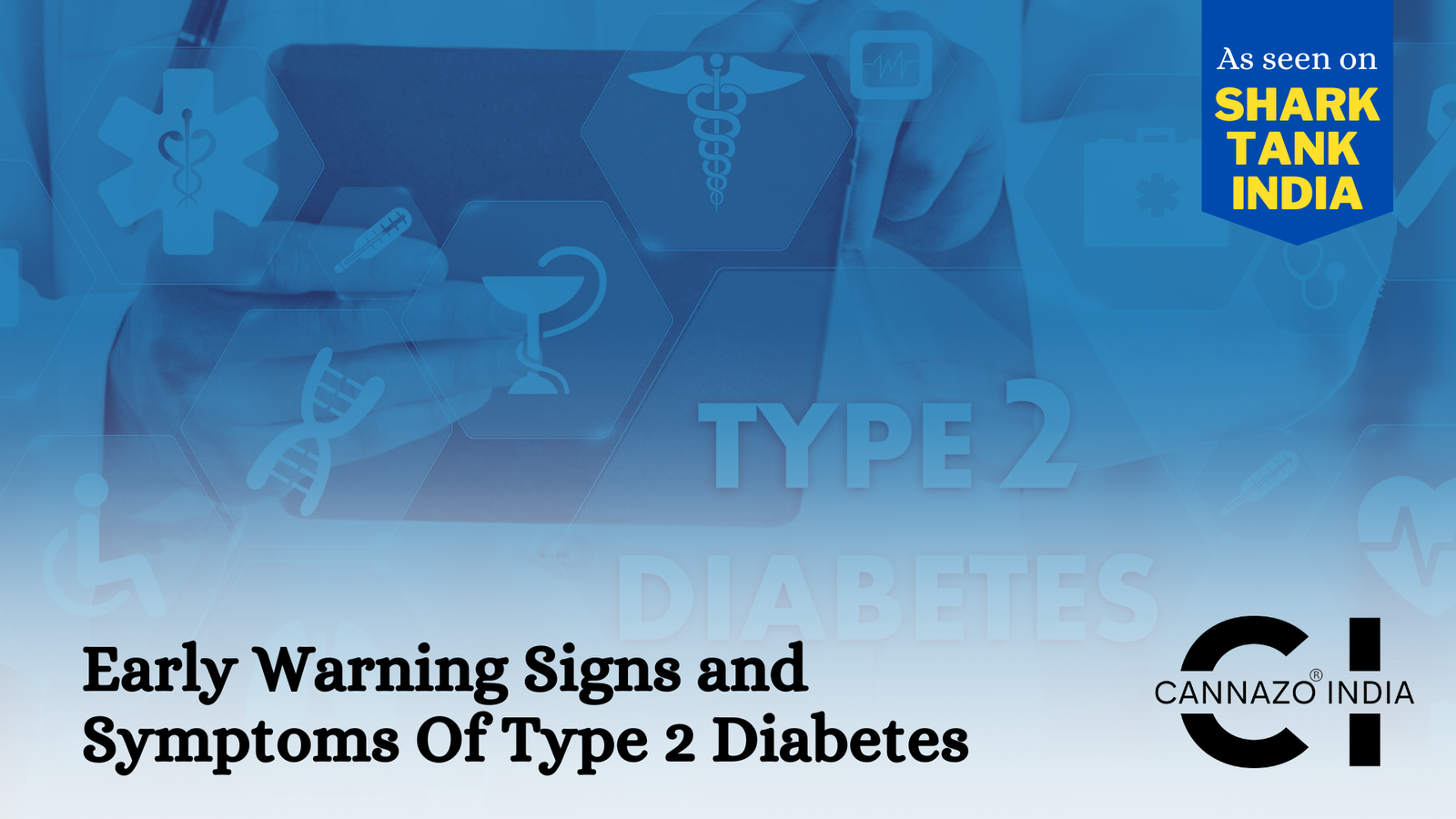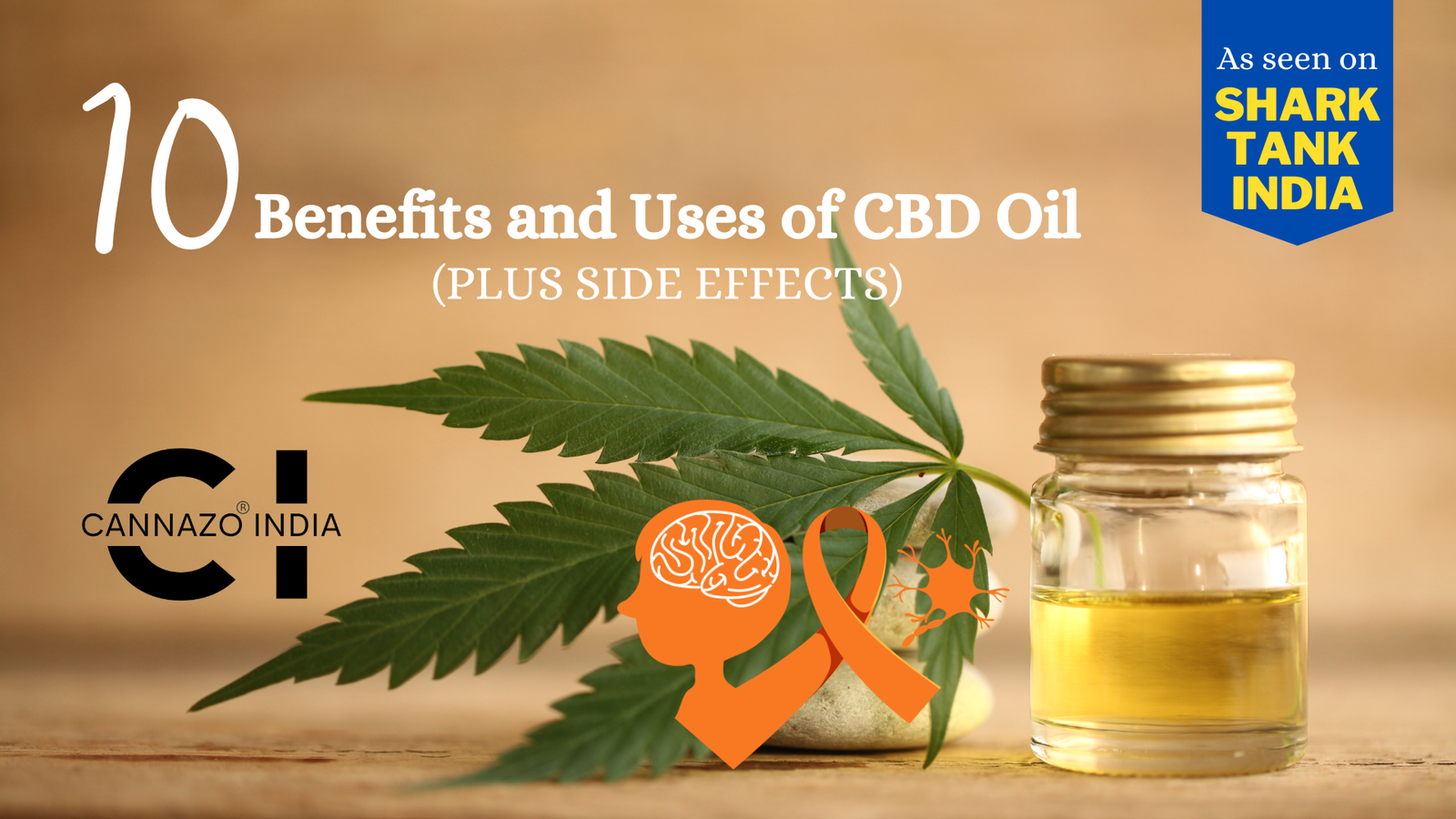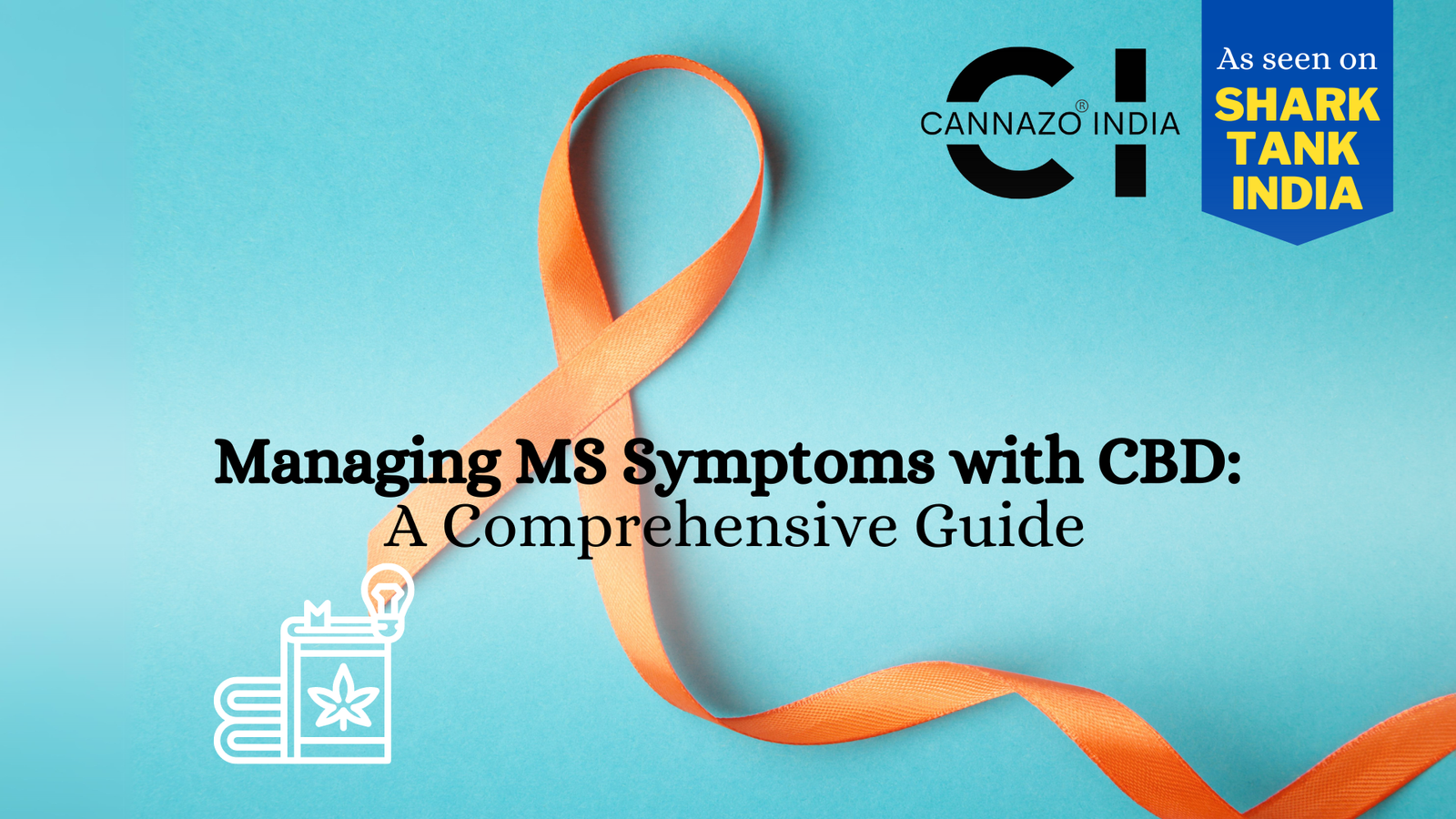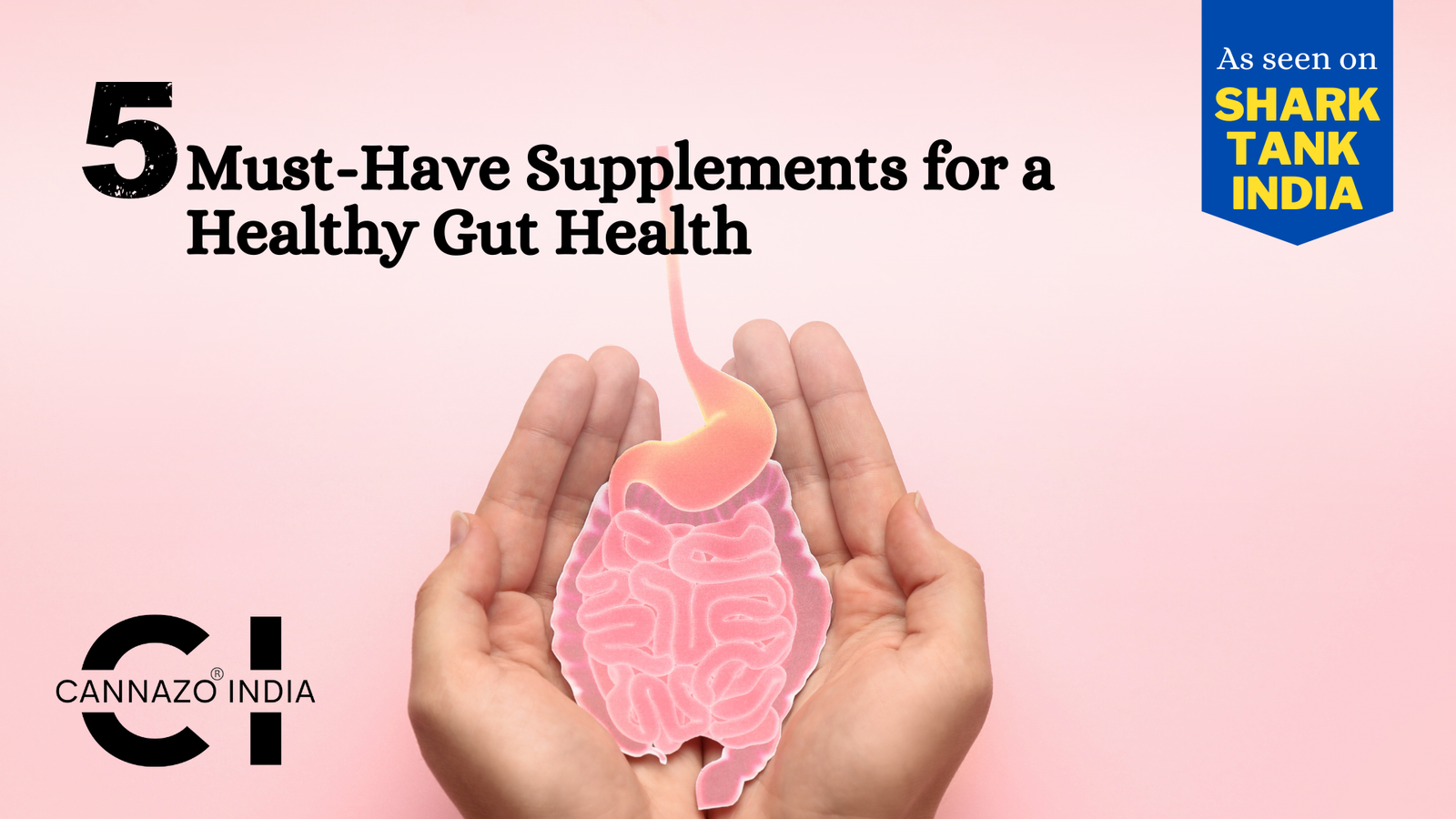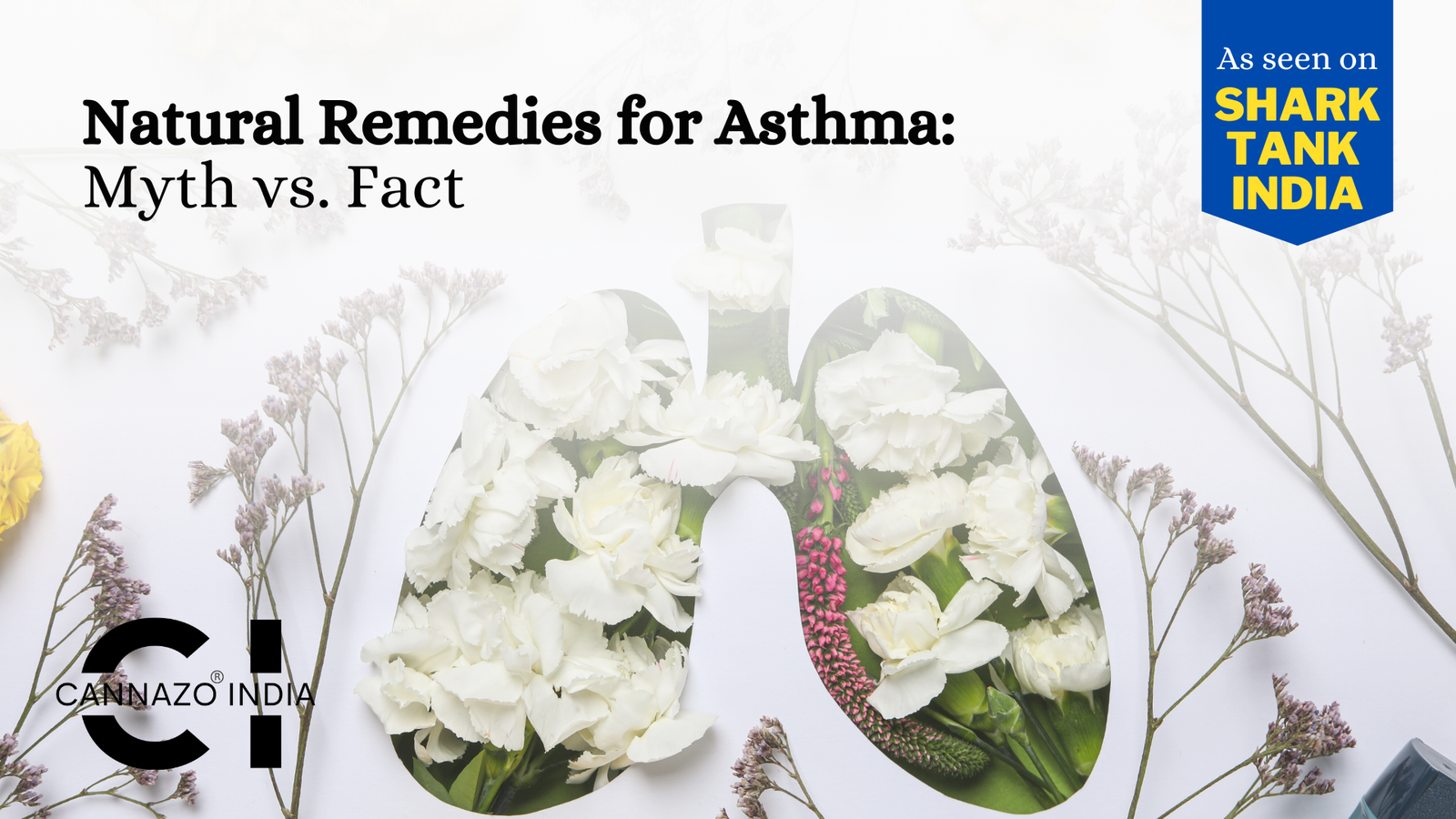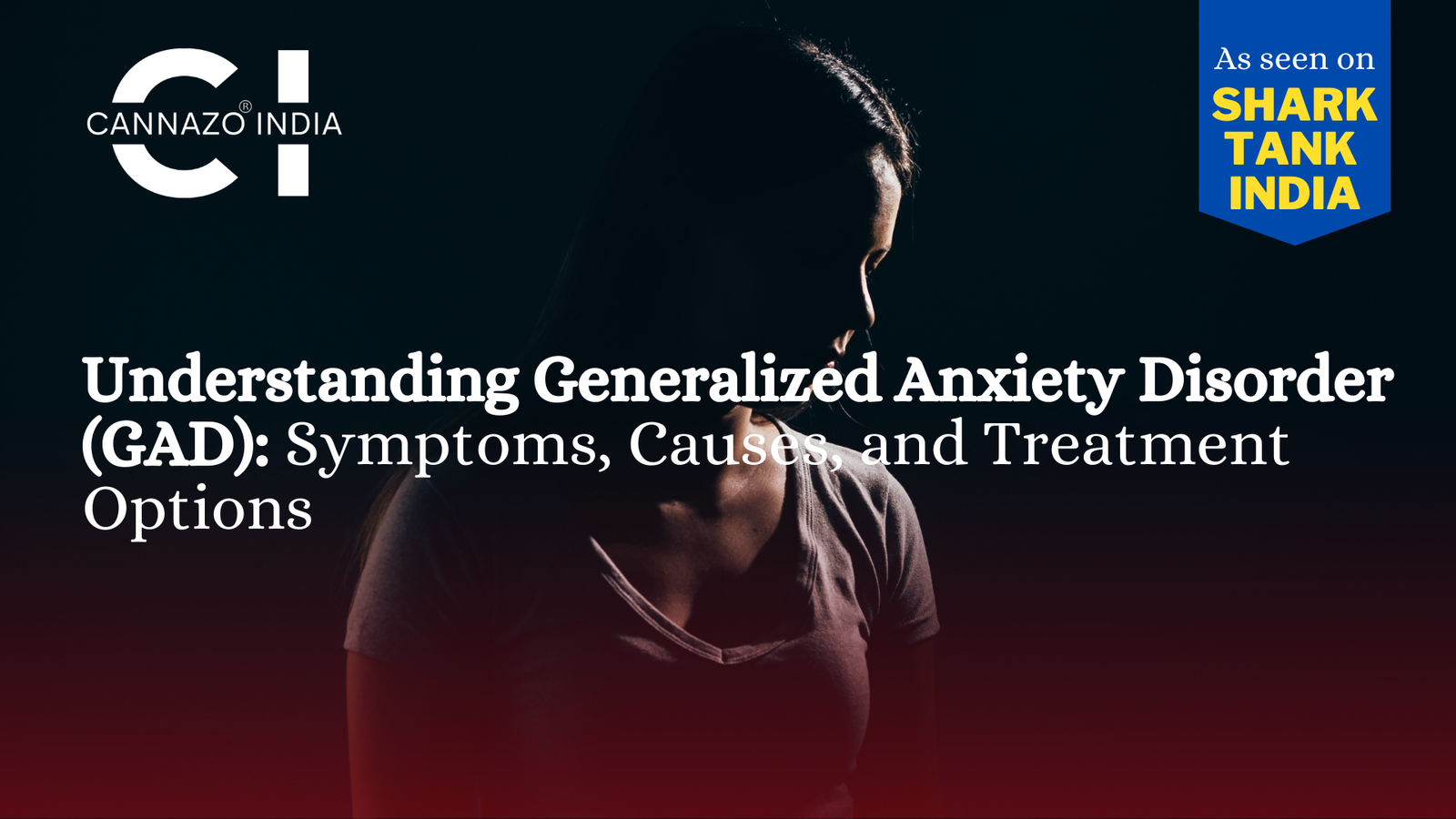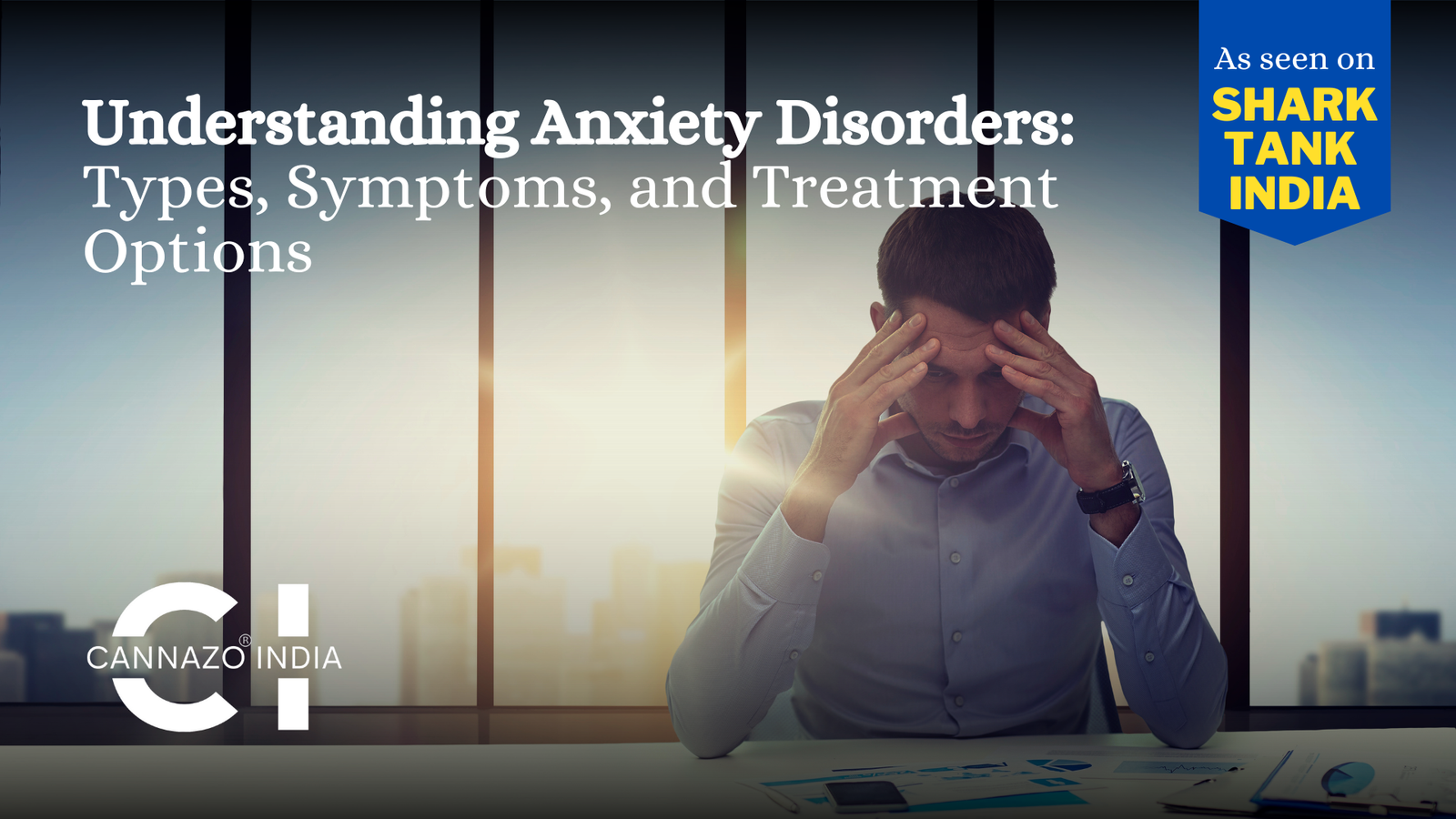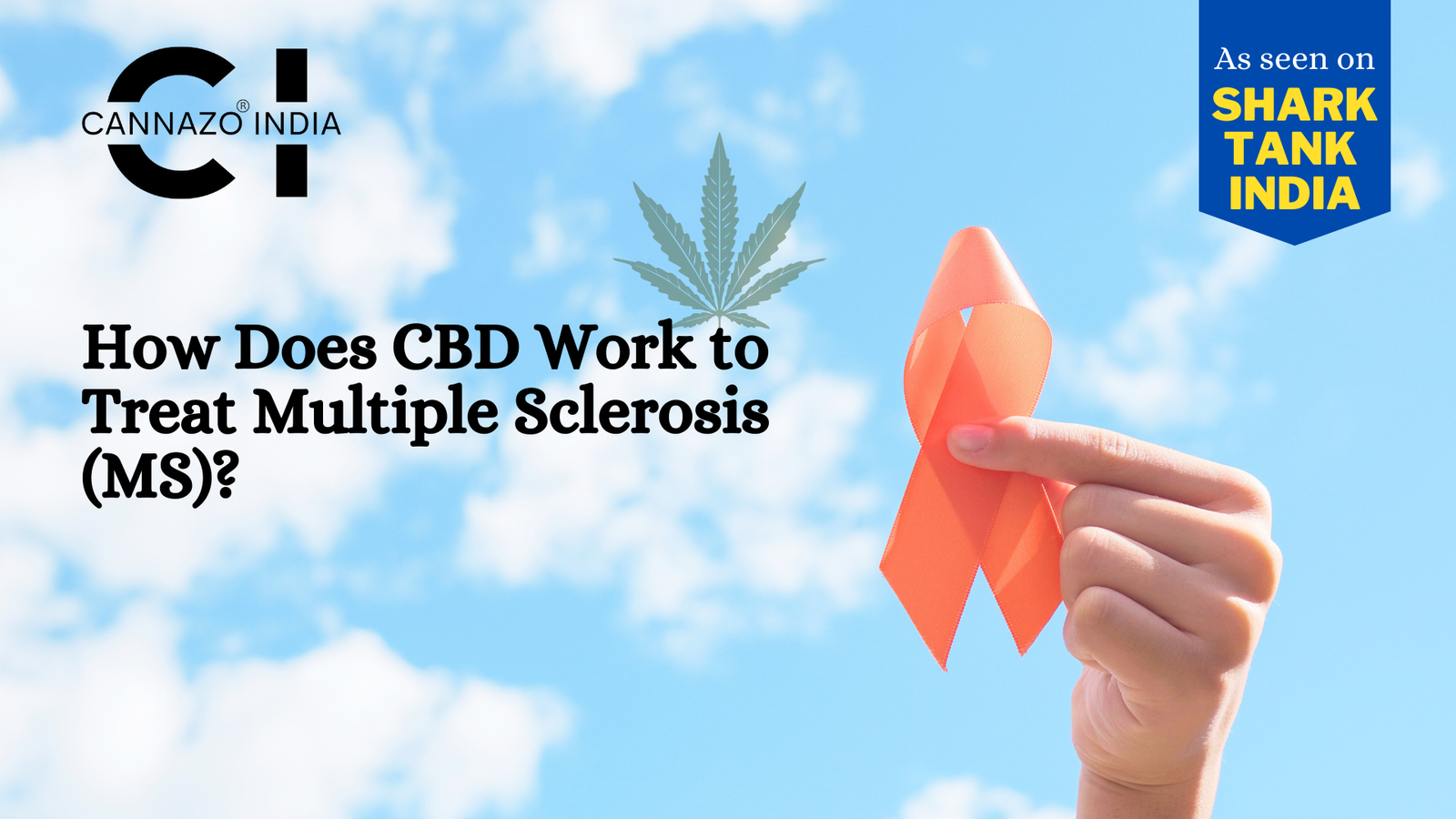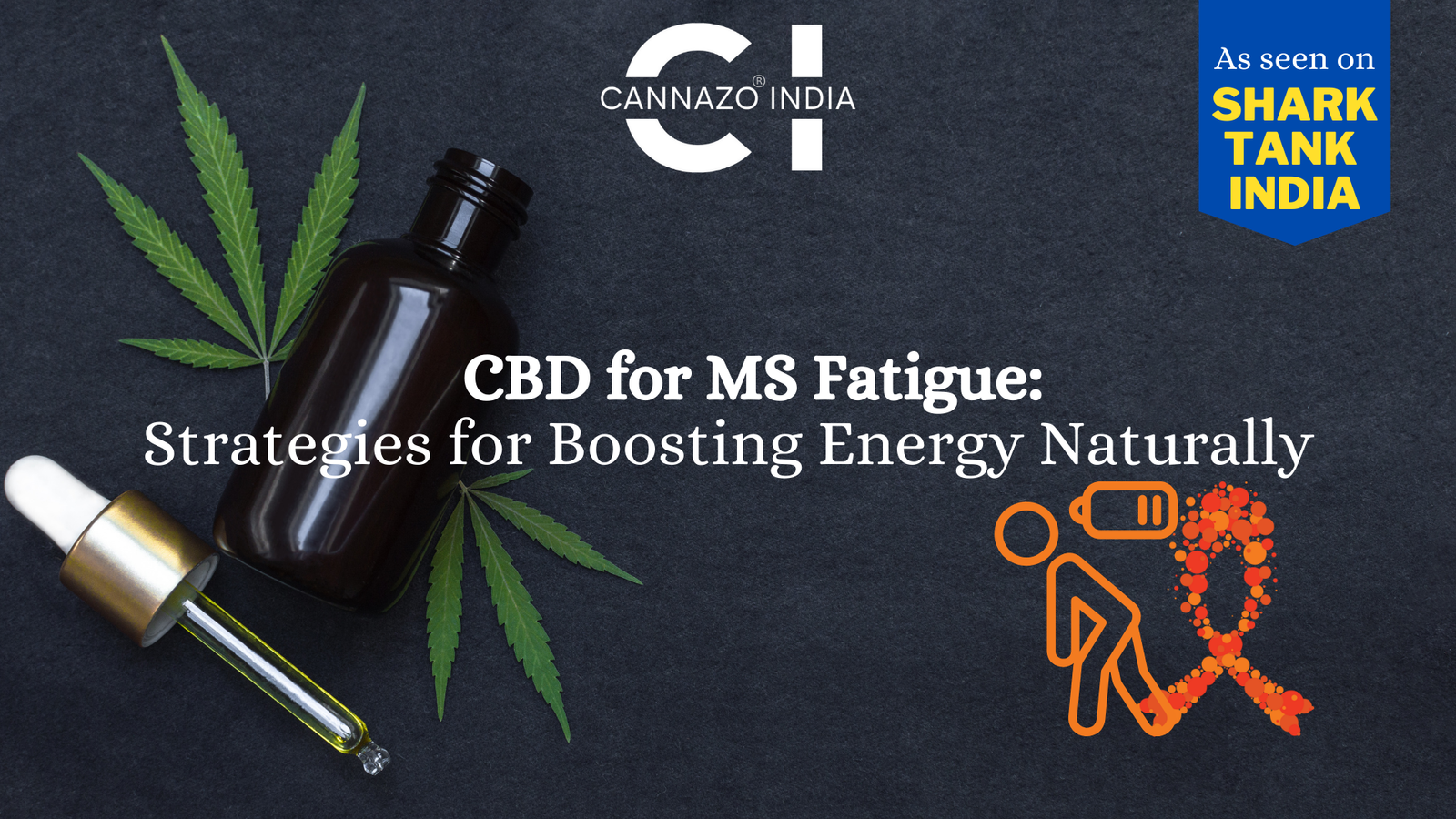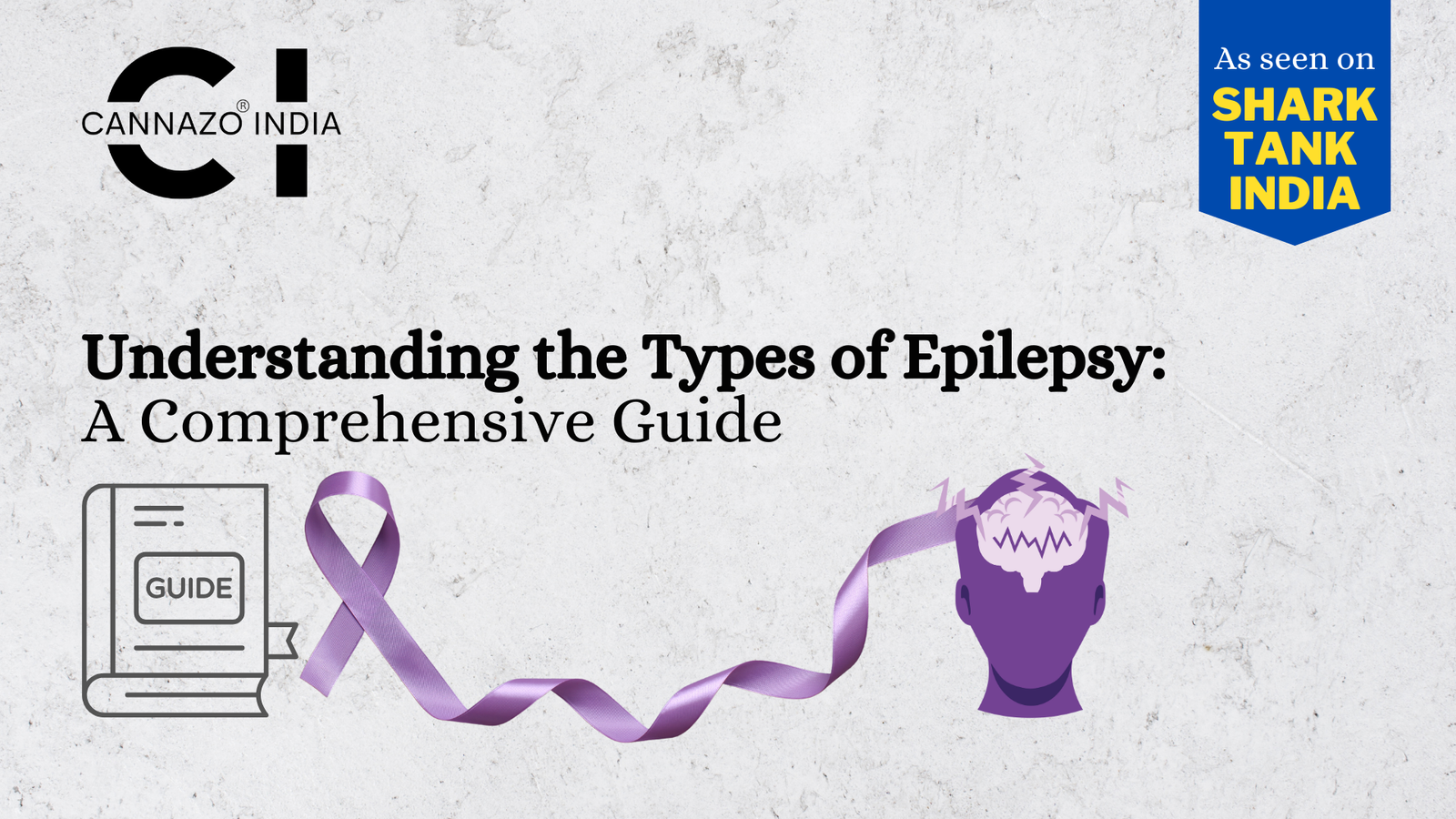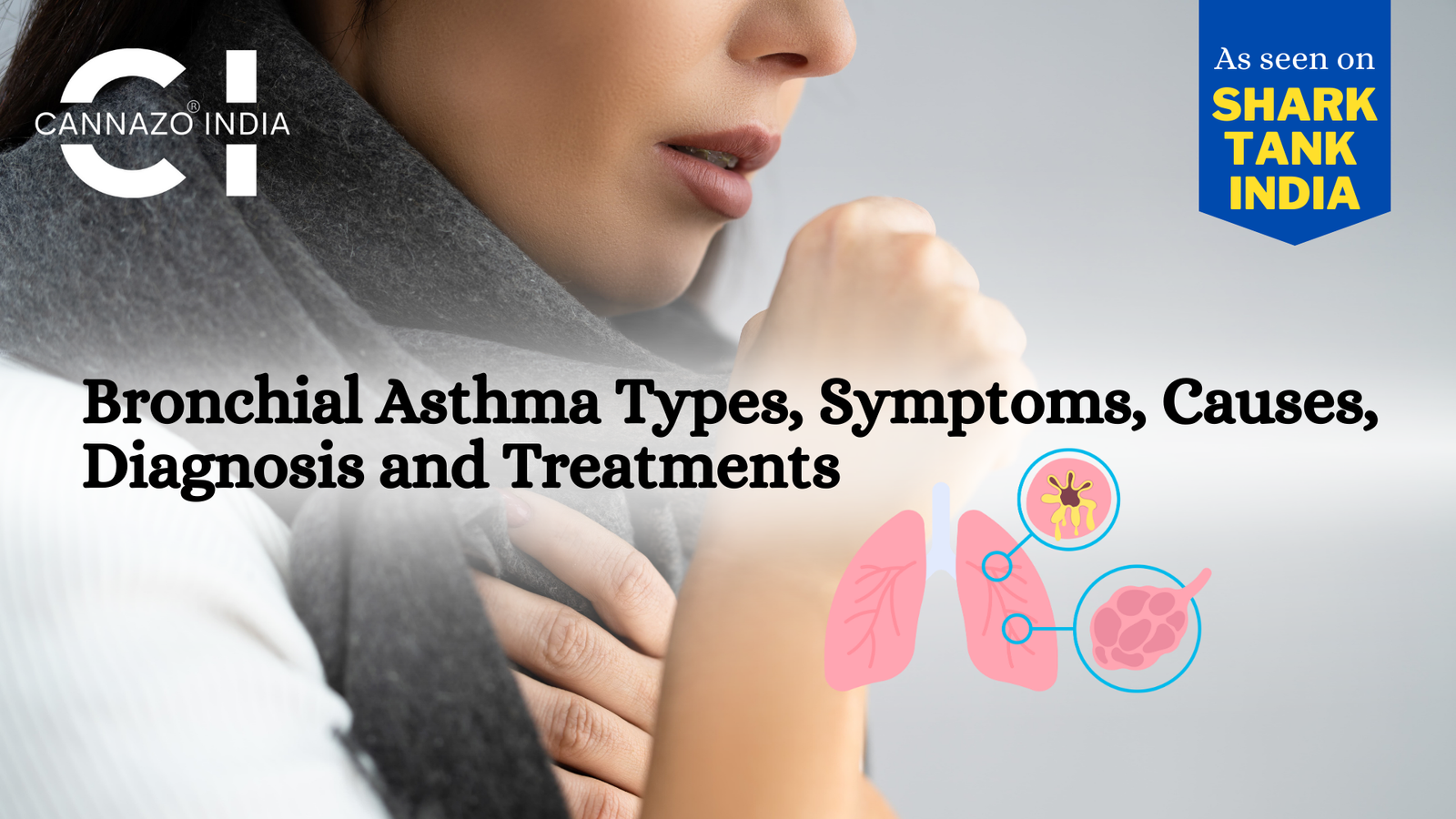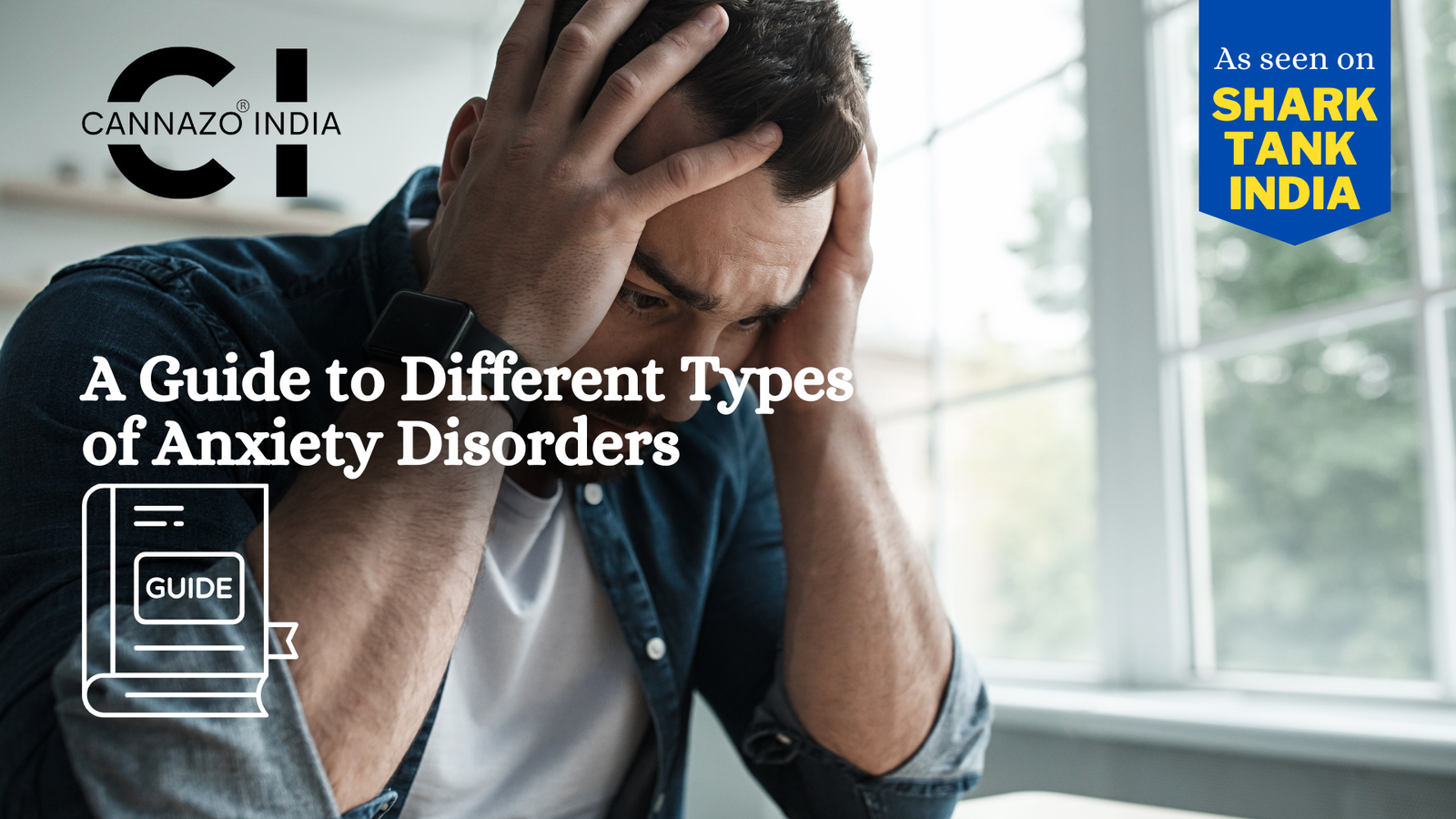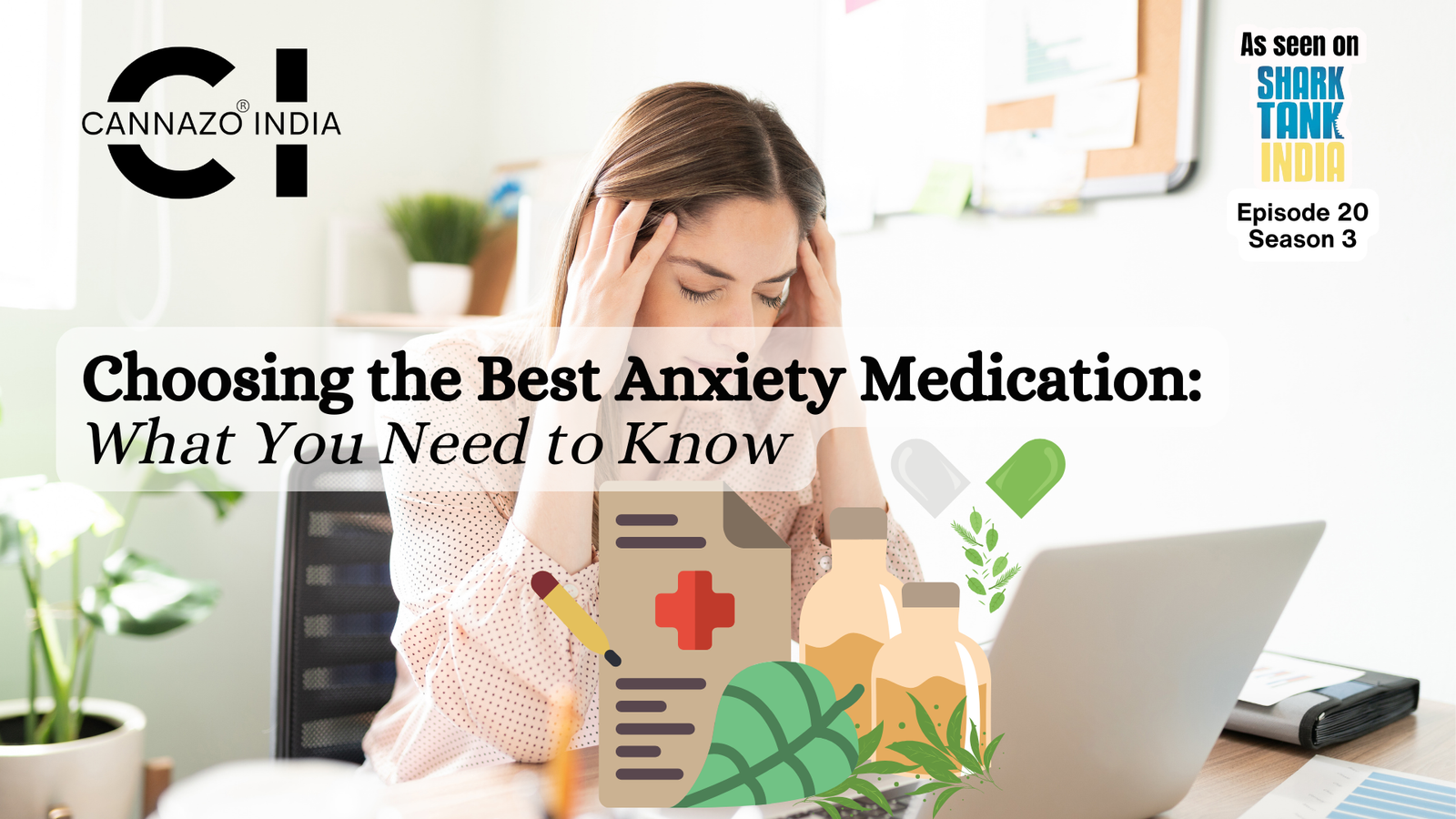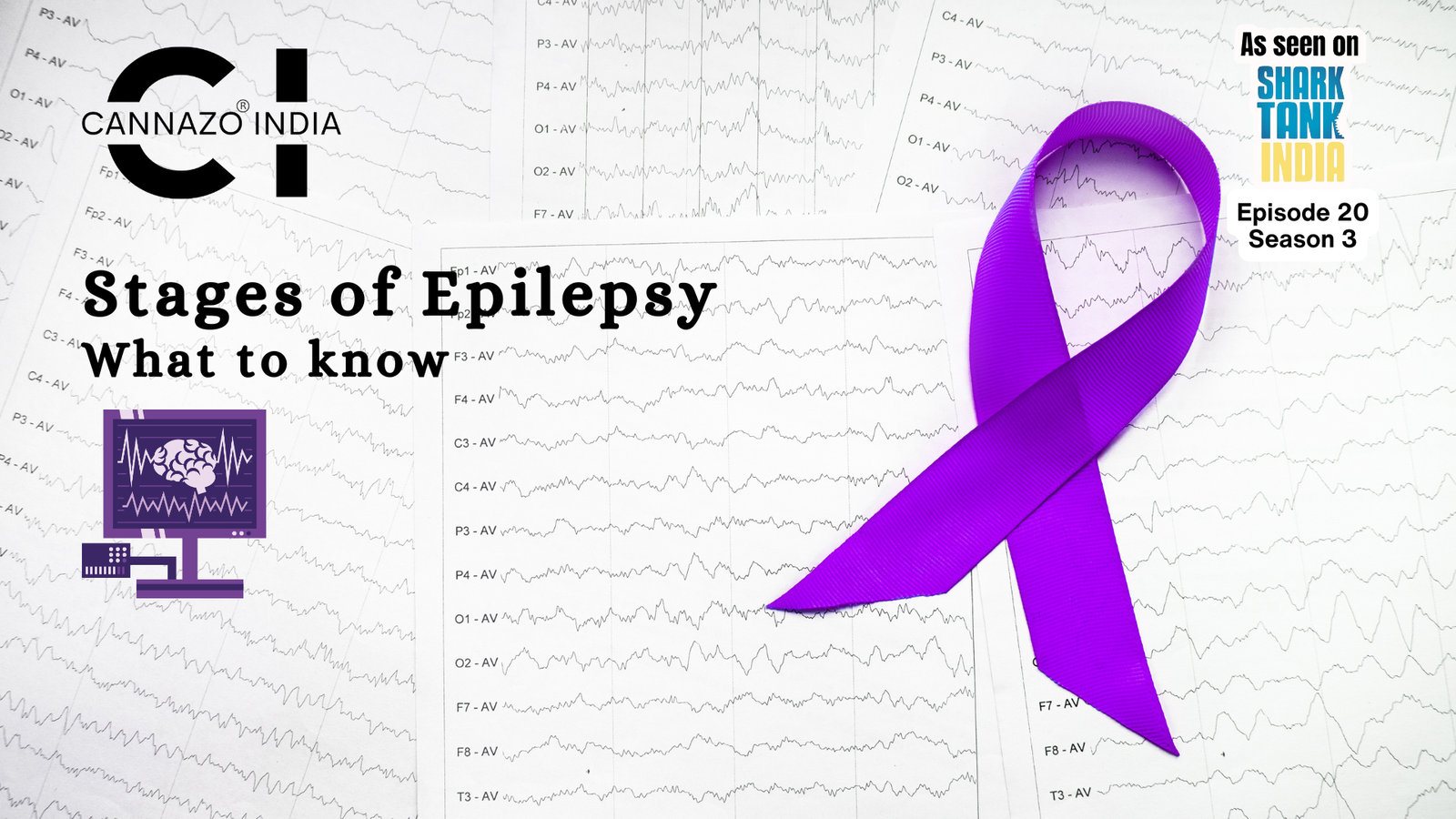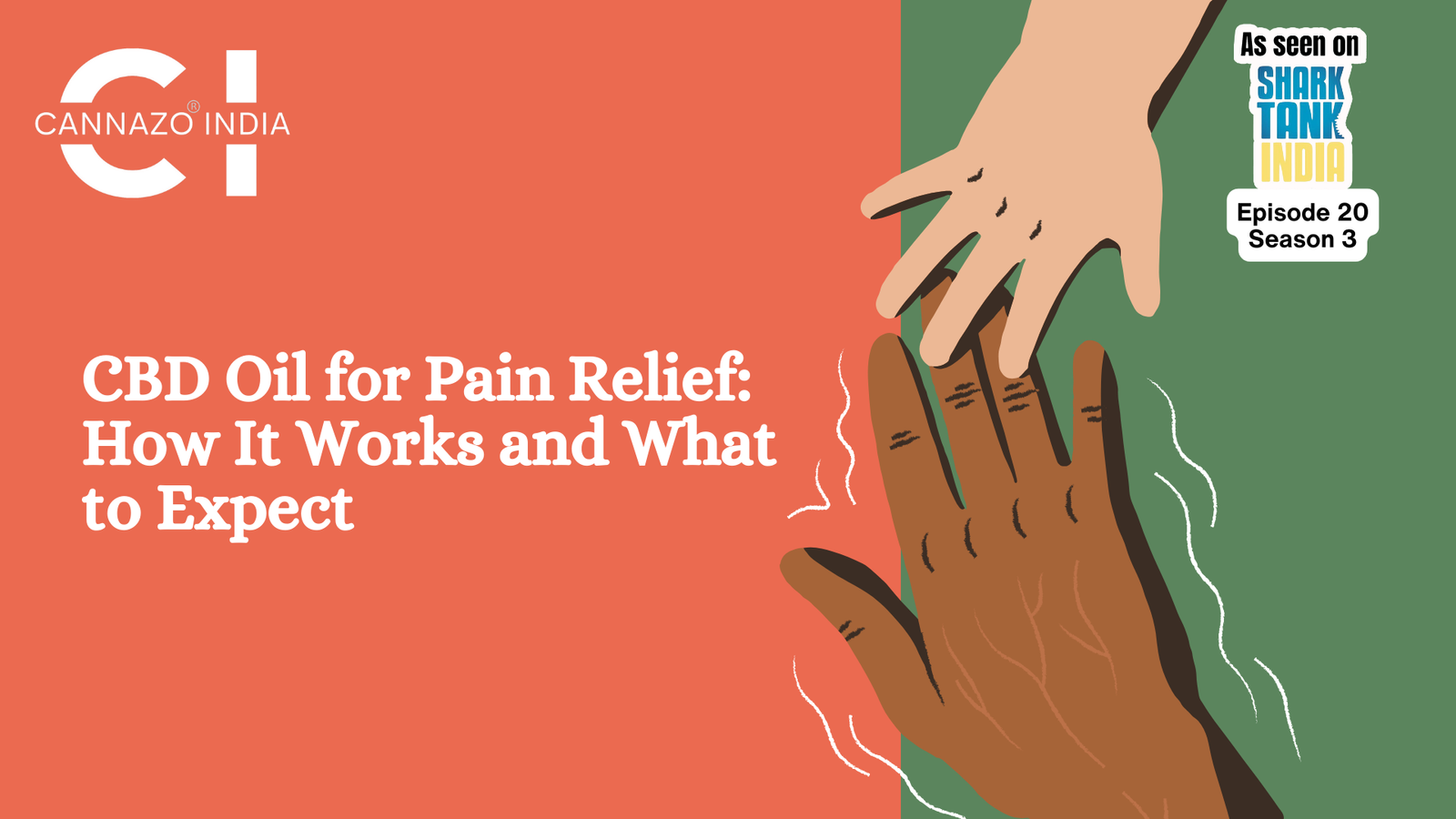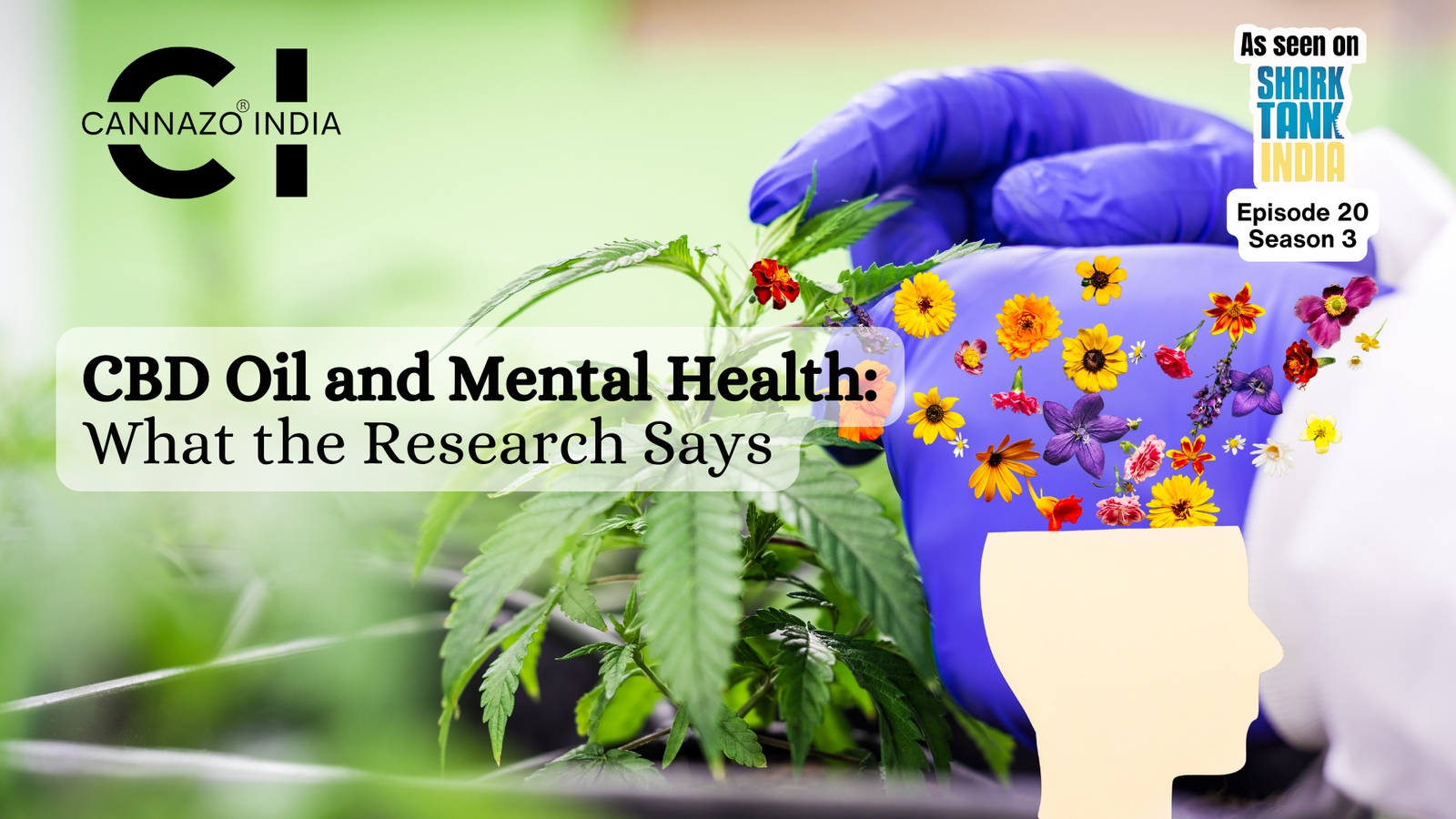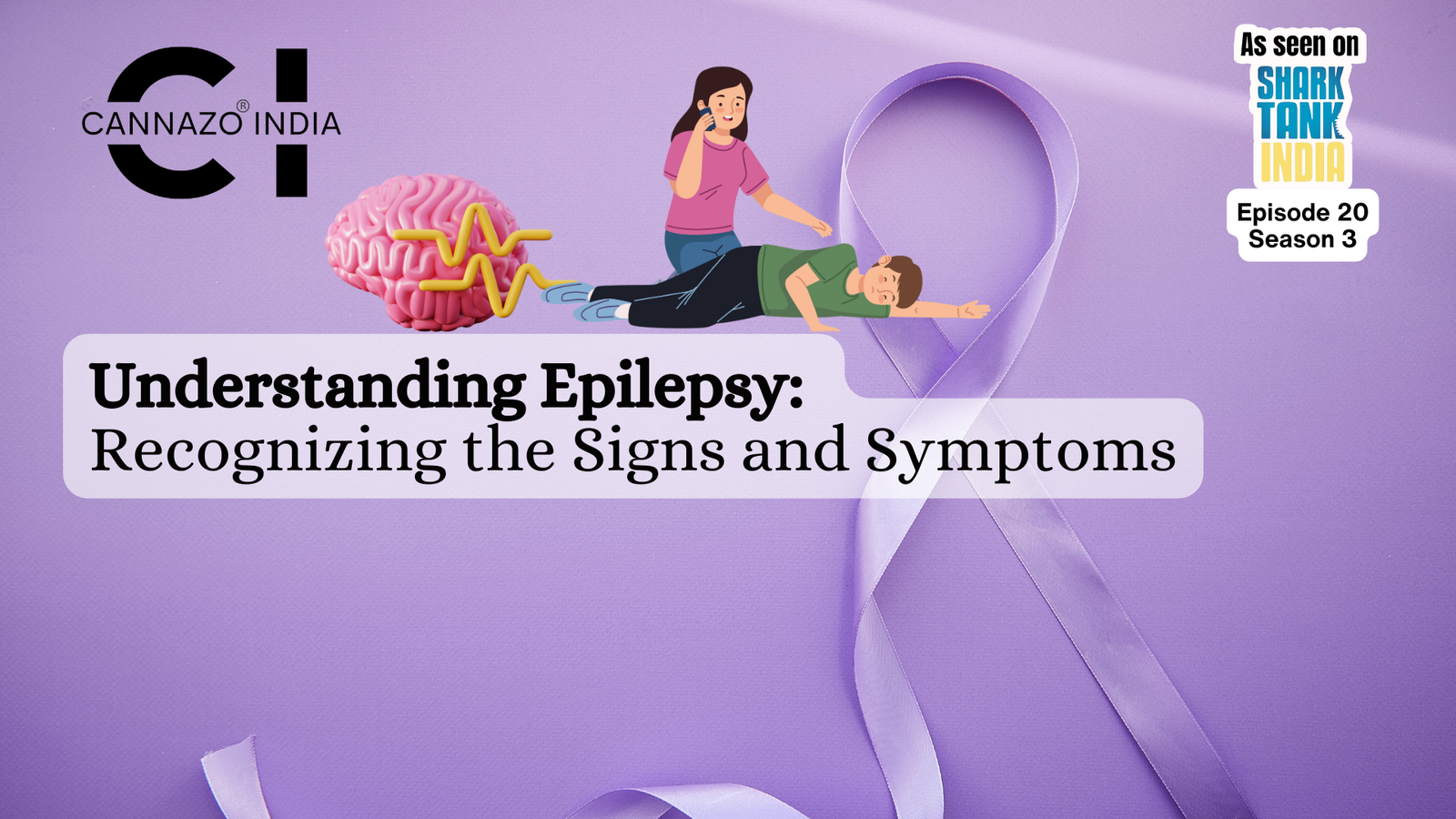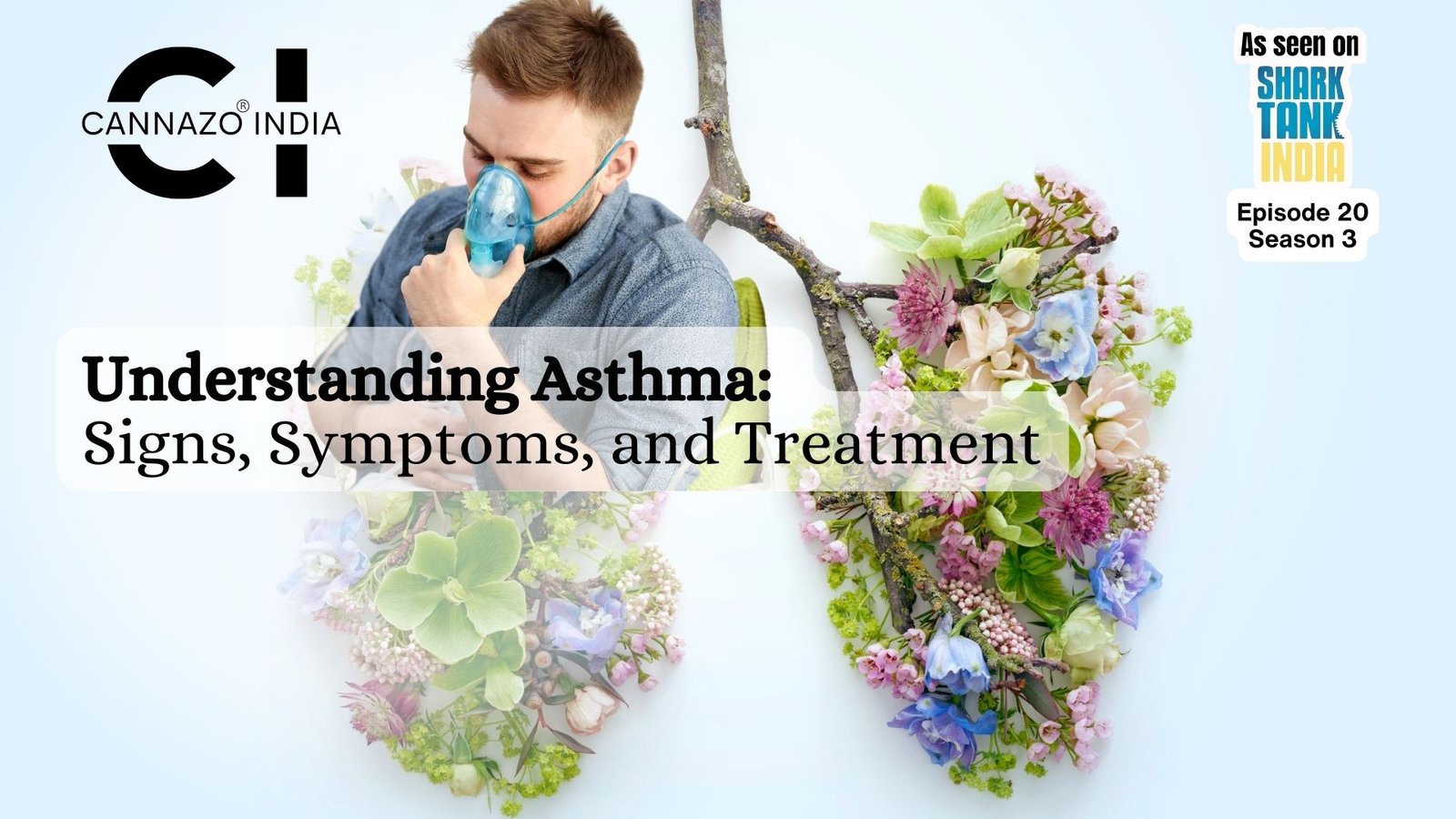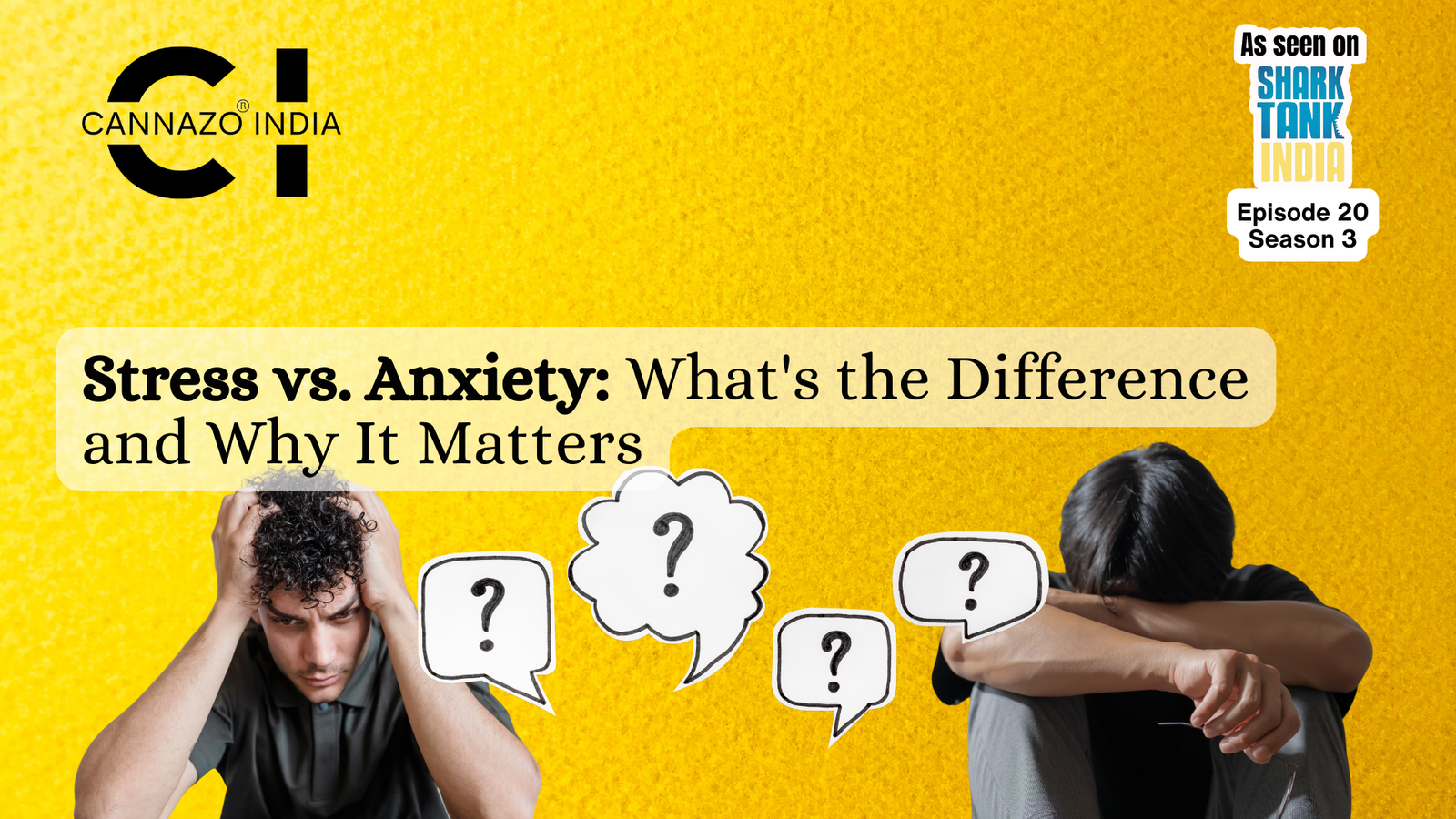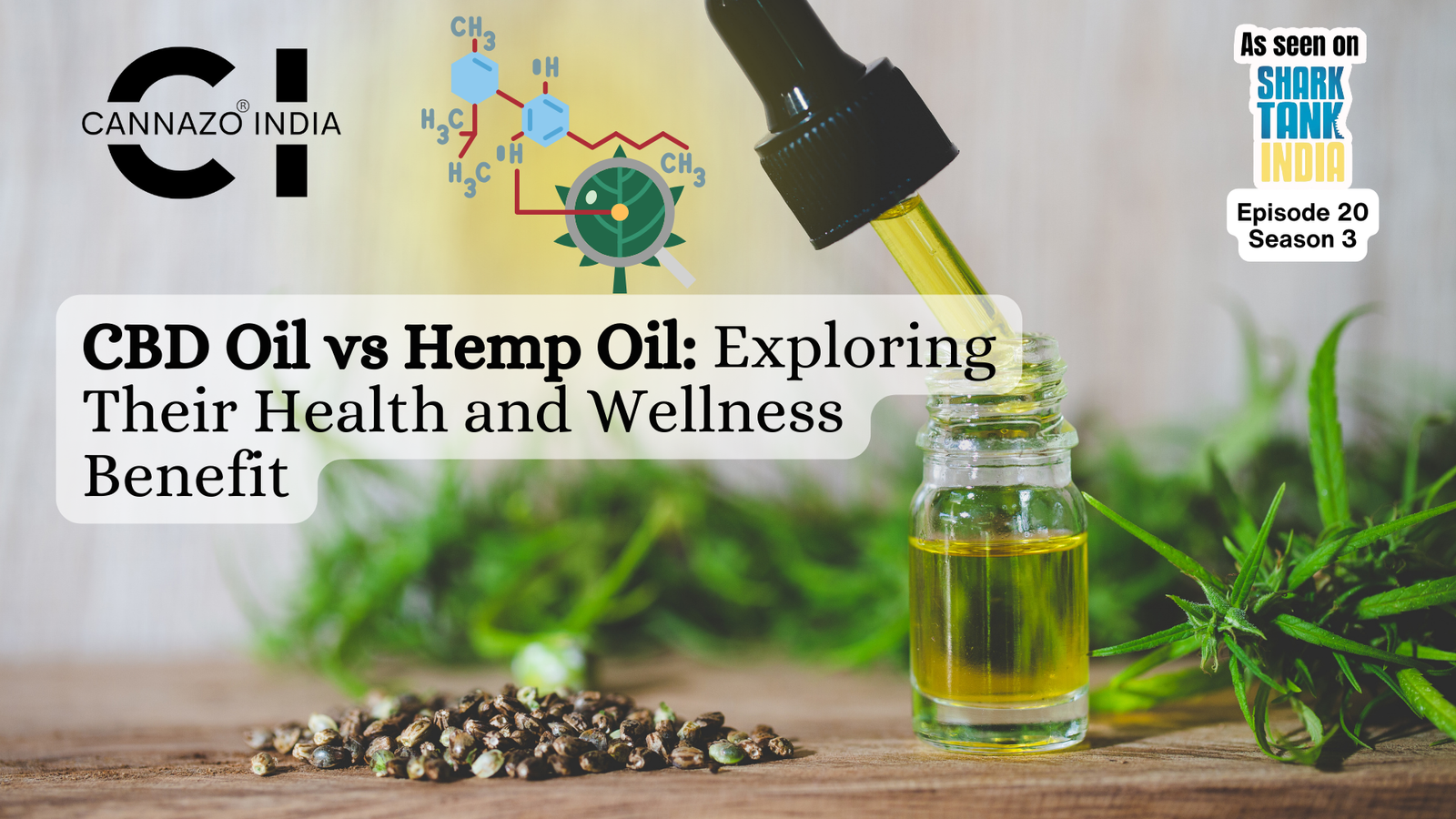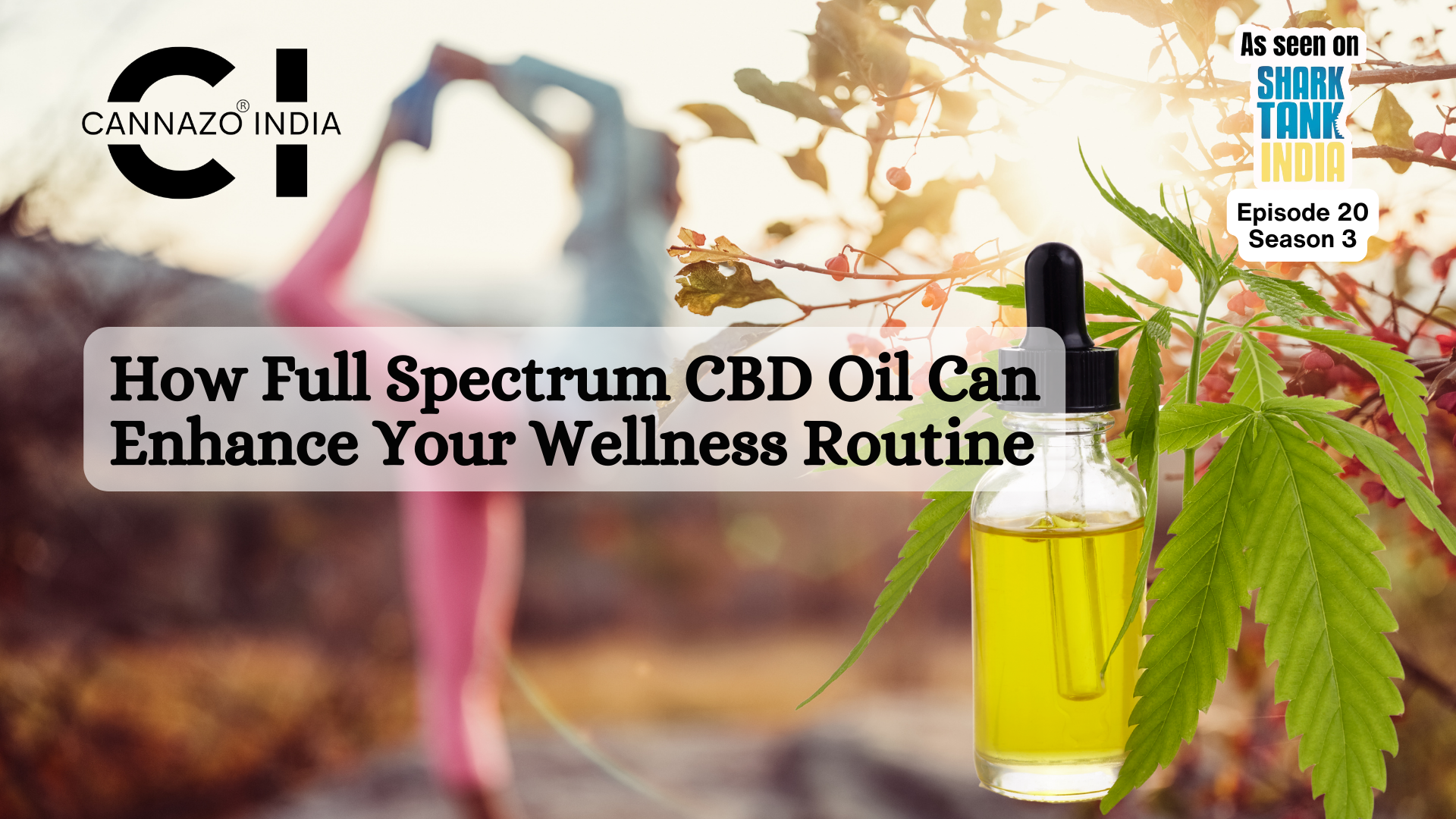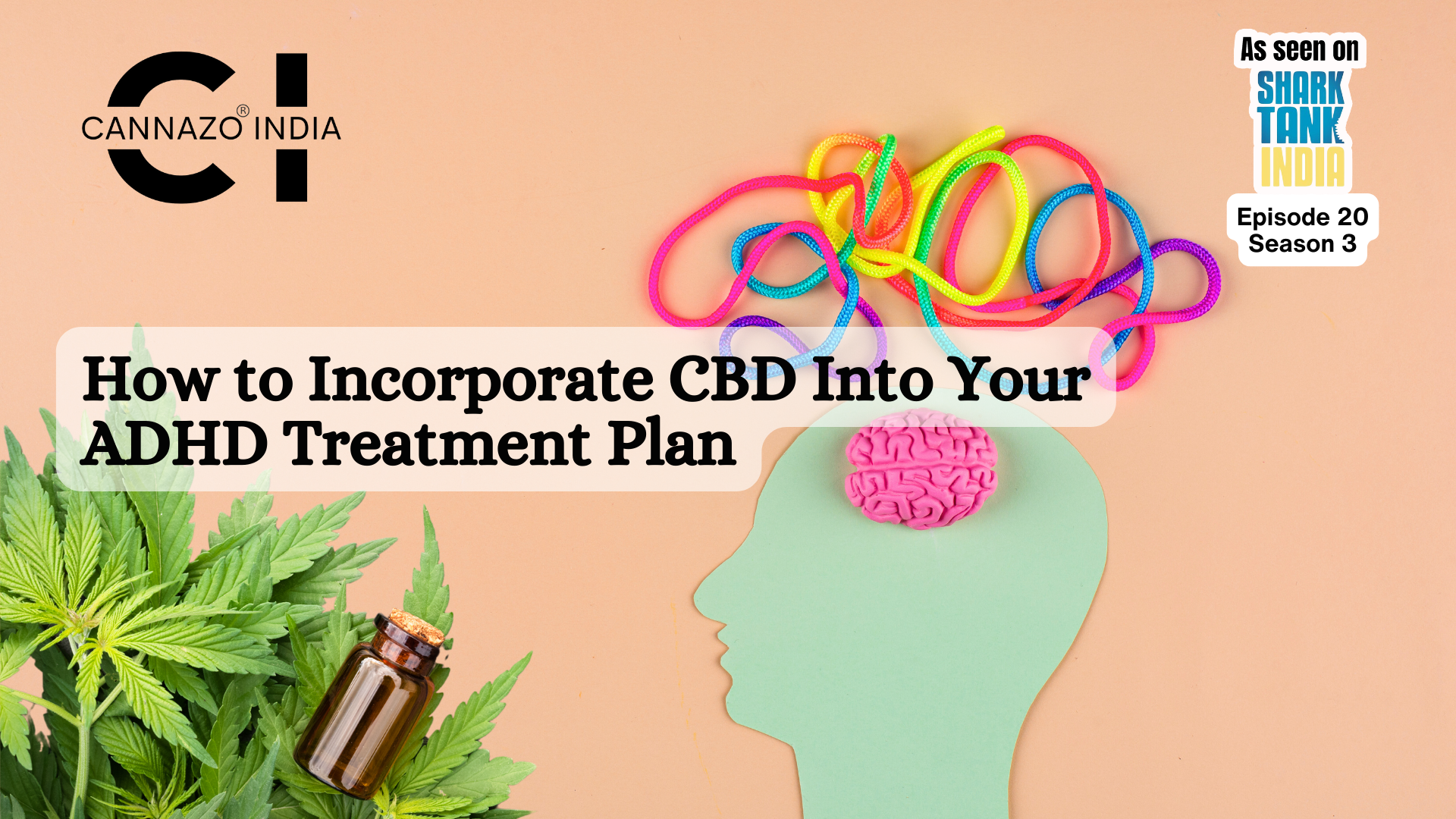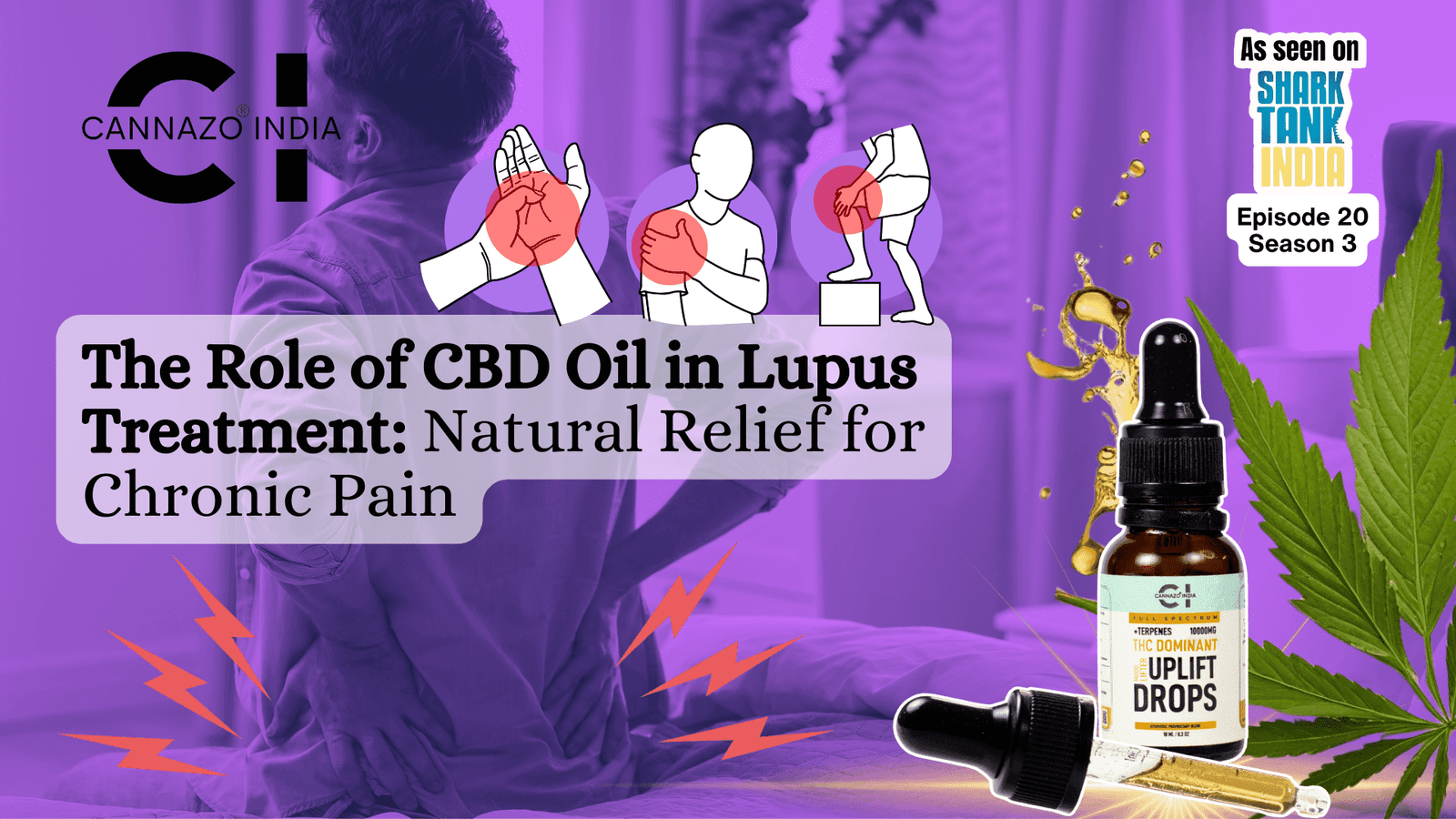Introduction
According to the International Agency for Research on Cancer (IARC), which is part of WHO, in 2022 there were around 20 million new cases of cancer and approximately 9.7 million cases of cancer-related deaths. There are 53.5 million people who survived at least 5 years after being diagnosed. Throughout their lives, roughly 1 in 5 individuals are diagnosed with cancer, with about 1 in 9 men and 1 in 12 women.
Understanding Cancer symptoms
Although early diagnosis of cancer is very difficult as the symptoms tend to appear in later stages, despite such difficulties, there can be signs and clues for you and your doctor, which might help find and treat it. Such as:
- Pain: bone cancer often hurts from the beginning. Pain can also be a late sign of cancer, so see a doctor if you don’t know why it’s happening or if it doesn’t go away.
- Weight loss without trying: almost half of the people who have cancer lose weight. It’s one of the few early signs that can be noticed.
- Nausea and loss of appetite: Nausea and loss of appetite can be symptoms of cancer, often resulting from the disease itself or its treatments. They may indicate changes in the body’s normal functions and should be evaluated by a healthcare provider.
- Fatigue: cancer patients are always tired, and rest doesn’t help.
- Fever: if it’s high or lasts more than 3 months, call the doctor. This can be a sign of blood cancer.
- Changes in your skin: the sudden appearance of new moles, bumps, marks, discolouration, increased hair growth, excessive itching, or unexplained rash. In your body can be a sign of skin cancer.
- Sores that don’t heal: spots that bleed and won’t go away are signs of skin cancer.
- Cough that doesn’t go away: cough is one of the signs of lung cancer.
- Unusual bleeding: cancer can make unusual areas bleed; for instance, blood in your poop can be a sign of rectal or colon rectal cancer.
- Anaemia: this is when your body doesn’t produce enough white blood cells, which are made in your bone marrow. Cancer such as leukemia, lymphoma, and multiple myeloma can damage your marrow.
Types of cancer
There are several terms used for certain general types of cancer:
- Carcinomas: cancer originating in the skin or tissue lining internal organs.
- Sarcomas: cancers from connective tissue like bones, muscle, or fat.
- Leukemia: cancers of the blood and bone marrow.
- Lymphomas: cancers of the lymphatic system.
- Melanomas: cancers of skin pigment cells.
- Central nervous system cancer: cancer of the brain and spinal cord
Can CBD treat cancer?
Cannabidiol, a compound derived from the cannabis plant, has garnered significant attention for its potential therapeutic benefits. While research is still ongoing, some studies suggest that CBD may play a role in cancer treatment. It is believed to have anti-inflammatory and antioxidant properties, which could help alleviate symptoms and improve the quality of life for cancer patients.
CBD is used to help manage pain and reduce chemotherapy-induced nausea and vomiting (CINV).
Early research indicates that CBD may have the potential to inhibit the growth of cancer cells and enhance the efficacy of conventional treatments. However, it is crucial to note that more extensive clinical trials are needed to fully understand CBD’s effects and its potential as a cancer treatment.
The Research Behind CBD Oil for Cancer Treatment
Research on CBD oil for cancer is promising but preliminary. Key areas of study include:
- Anti-tumour effects: CBD may have anti-tumor effects, potentially inhibiting cancer cell growth and inducing cell death, according to lab and animal studies. For more detailed information, you can refer to this Medscape article.
- Anti-inflammatory properties: CBD’s anti-inflammatory effects could reduce inflammation linked to cancer.
- Symptoms of management: it may help alleviate pain, nausea, and appetite loss in cancer patients.
- According to a 2022 study, CBD has shown positive results toward pain reduction.
Evidence from research published in Supportive Care in Cancer indicates that CBD may improve sleep quality and appetite in cancer patients undergoing treatment.
- Enhancing treatments: CBD might enhance the effectiveness of conventional therapies and reduce their side effects.
- Medication interaction: studies are exploring how CBD interacts with other cancer treatments to ensure safety.
The FDA has approved a medical cannabis product, such as Epidiolex, for the treatment of chemotherapy-induced nausea and vomiting (CINV), demonstrating its efficacy in managing this condition.
More extensive clinical trials are needed to confirm these findings and establish CBD oil for cancer.
There is extensive research done on full spectrum medical cannabis extract which has shown positive results against cancer. For example, in India, products such as Cannazo India’s Cannaronil are available for management of cancer symptoms and it can be incorporated in the existing treatment plans.
CBD oil and cancer mental health
CBD oil for cancer is being investigated for its potential impact on both cancer-related symptoms and mental health concerns.
For cancer patients, CBD oil for cancer helps manage symptoms such as pain, nausea, and loss of appetite. Its anti-inflammatory and analgesic properties could improve overall comfort and quality of life during treatment.
Regarding mental health, CBD oil is being studied for its potential to alleviate anxiety, depression, and stress. These conditions can often accompany a cancer diagnosis or its treatment, CBD’s calming effects might offer some relief.
However, while early research is promising, more rigorous clinical studies are needed to fully understand CBD oil’s effectiveness and safety in these areas. Always consult with a healthcare provider before incorporating CBD oil into any treatment plan.
Cannazo India’s Cannaronil helps with poor mental health caused by cancer.
Potential Benefits of CBD Oil for Cancer
CBD oil for cancer can be used for:
- Pain relief: may help manage cancer-related pain.
- Symptoms relief: could alleviate nausea and loss of appetite.
- Anti-inflammatory: might reduce inflammation linked to cancer.
- Mental health support: potentially helps with anxiety and stress.
Types of CBD Oil for Cancer in India
In India, types of CBD oil for cancer include:
Full-Spectrum CBD: This type of product contains a wide range of cannabinoids, including CBD, THC, and other beneficial compounds from the cannabis plant. The combination of these elements is believed to create an “entourage effect,” enhancing the overall therapeutic benefits.
Pure CBD: This product contains only cannabidiol (CBD) and no other cannabinoids or THC. It is ideal for those who want the benefits of CBD without the psychoactive effects of THC.
CBD-THC Combination: This product includes both CBD and THC, offering the potential benefits of both cannabinoids. The combination can provide a balanced therapeutic effect, addressing pain, nausea, and other symptoms while allowing for some of the psychoactive effects of THC.
Always consult with your healthcare provider before use. To get in touch with the professional- get in touch with us.
Note that consumption-based CBD products are classified as Schedule E, while prescription-based products require a prescription.
How to use CBD Oil for Cancer?
To use CBD oil for cancer:
- Consult with a Doctor: Before starting CBD, speak with your healthcare provider to ensure it’s safe and appropriate for your specific health needs and conditions.
- Start Small: Begin with a low dose to gauge how your body reacts to CBD. Gradually increase the dosage if needed, based on your doctor’s advice and personal experience.
- Use Sublingually or Add to Food/Drinks: For faster absorption and more immediate effects, place CBD oil under your tongue and hold it there for 30-60 seconds before swallowing. Alternatively, you can mix CBD into your food or beverages, though this may result in slower absorption.
- Monitor Effects: Keep track of how CBD affects you, noting any changes in symptoms or side effects. Regularly review these effects with your healthcare provider to adjust the dosage or method of use as needed.
Dosage Guide: CBD Oil for Cancer in India
Start with a low dose and slowly adjust the dosage of CBD oil for cancer based on tolerance and effectiveness, increasing by 5–10 mg as needed.
Always stick to the protocol and have regular follow-ups with your oncologist or primary healthcare provider. Some minor side effects noticed are, drowsiness, dizziness, dry mouth, changes in appetite and diarrhea.
Conclusion
In conclusion, while early research into CBD’s potential benefits for cancer treatment is promising, it remains preliminary. CBD, including formulations like Cannaronil, may offer symptom relief from pain, nausea, and anxiety, and could potentially enhance the effectiveness of conventional treatments.
Reference
- Cancer symptoms. (2024, January 2). WebMD. https://www.webmd.com/cancer/understanding-cancer-symptoms
- Hobbs, H. (2023, January 17). Cancer: types, causes, prevention, and more. Healthline. https://www.healthline.com/health/cancer#types
- Heider CG, Itenberg SA, Rao J, Ma H, Wu X. Mechanisms of Cannabidiol (CBD) in Cancer Treatment: A Review. Biology (Basel). 2022 May 26;11(6):817. doi: 10.3390/biology11060817. PMID: 35741337; PMCID: PMC9220307.
- Hamad H, Olsen BB. Cannabidiol Induces Cell Death in Human Lung Cancer Cells and Cancer Stem Cells. Pharmaceuticals (Basel). 2021 Nov 17;14(11):1169. doi: 10.3390/ph14111169. PMID: 34832951; PMCID: PMC8624994.
- Oberbarnscheidt T, Miller NS. The Impact of Cannabidiol on Psychiatric and Medical Conditions. J Clin Med Res. 2020 Jul;12(7):393-403. doi: 10.14740/jocmr4159. Epub 2020 Jun 25. PMID: 32655732; PMCID: PMC7331870.





